|
Human trafficking is a distressing and complicated issue that affects people all over the world… sadly it’s not something new. The Calgary Catholic School District has been increasing their awareness and building strategies to combat human trafficking by preventing our youth from being groomed and exploited, growing in our ability to identify potential vulnerable youths, and providing supports to those who are victimized. The prevention strategy starts in our Religion and Wellness courses where we teach our students about the gift that God has given us in the form of our bodies and that these bodies deserve to be treated with the utmost respect. We also talk about what healthy, good relationships look like. As we move upward in our grades, we do explore family life in terms of anatomy and discuss the concept of consent. Having students understand their worth and value as a child of God creates the understanding that they do not deserve to have anything but love in their life and if it is not love, it should not be tolerated. There are still students who have been traumatized in their life and this trauma may lead to a greater vulnerability of being exploited. Make no mistake, the traffickers groom their victims with great sophistication where the young person may not even realize until it is to late what is happening and feels trapped and ashamed by what they have involved themselves in. Calgary Catholic is proud to promote the education course on the Not In My City to help educators and staff understand signs of potential trafficking victims. When we find a potential youth at risk of being trafficked, being trafficked or have ben trafficked, we work to support them and their families through targeted supports that may include supports though a mental health professional such as a psychologist or District Wellness Worker, collaborative supports with agencies outside of CCSD and creating a learning environment where the student feels safe enough to learn and brave enough to try. One of the examples of ways that we raise awareness and help to support victims is by supporting IWIN (I’m Worth It Now). This wonderful organization is based out of St. Michael's parish in Calgary, and has strong spiritual connection and support through the Diocese of Calgary. They have two projects that schools in Calgary Catholic can participate in. The first is building backpacks that are provided to survivors of human trafficking who are entering a wrap-around program to support them emotionally physically and spiritually. The backpacks contain brand new items such as a change of clothes, toiletry items, a handwritten car of encouragement and a bracelet. A matching bracelet is given to a volunteer prayer warrior to support the survivor through prayer. The second is an awareness prayer service called the Red Sand Prayer Service where red sand is spread through the cracks in a sidewalk or tarmac to bring awareness to the atrocity of human trafficking. St. Josephine Bahkita school, whose patron saint of victims of human trafficking, participates in the Red Sand Prayer Service every year on their feast day. The Calgary Catholic School District works hard to provide learning environments for all of our students that are safe enough for them to learn in and help our students become safe enough to try new adventures in their learning. Human trafficking is one way that a student can be victimized by those who look to exploit the vulnerable. The district works hard with families and parishes to create safe environments for students to experience success. We are blessed to have the opportunity to serve those who need our help.
3 Comments
“Thanks be to God for his indescribable gift!” (2 Corinthians 9:15) With grateful hearts, we rejoice in the opportunity to engage staff and students in Eucharistic Adoration in Calgary Catholic School District high schools. Through the collaborative effort of local clergy and high school principals and chaplains, over 45 hours of Eucharistic Adoration for vocations was hosted in high school chapels, the Cathedral and Central Office between February 26 to March 6, 2024. Eleven high schools committed to offering four hours of adoration and engaged participants in private and collective prayer, reflection on scripture, music, and silence. In one case, local parishioners joined the school community in prayer before the Blessed Sacrament, and in another, a Eucharistic procession took place throughout the school. This time of prayer and adoration exalted the greatness of our Lord, helped deepen participants' understanding of God’s call to vocation, strengthened the bond between parish and school communities, and created a desire in staff and students for more opportunities to engage in Eucharistic Adoration. Together, let us continue to pray for hearts and minds open to the voice of God and the grace to faithfully follow his call. Of all devotions, that of adoring Jesus in the Blessed Sacrament is the greatest after the sacraments, the one dearest to God and the one most helpful to us." ~Saint Alphonsus Liguori Contributor: Michelle Hoogveld, Calgary Catholic School District
Photos courtesy of Calgary Catholic School District
On Wednesday, October 5, 2022, The Children of St. Martha School hosted a Fall Pow-Wow. True to the spirit of its patron saint of hospitality, they invited community members and students from other schools in the division to come and partake. As part of the day’s celebration, Elder Peter Strikes With a Gun (Piitaiipoyi) provided an exceptional gift to the school community by bestowing a traditional Blackfoot Name: Naatoowootak’oyis - “Holy Spirit Lodge” In his explanation of the name, Peter spoke about the school’s patron, St. Martha, and her example of compassion, dedication and, ultimately, forgiveness. “This is what we have seen in this building that we have come to many times - the compassion of the young children, the dedication and service of all the schools we have attended. We feel at home when we walk in and we hope that we will continue in our reconciliation.” After imparting his wisdom, Peter purified and blessed the building while his grandsons, Donovan Strikes With a Gun and Mason Yellowfeet, shared a ceremonial grass dance that reinforced connection to the land.  “We are truly humbled,” says Principal Shannon Collier. “This name is just another example of how blessed we are to have the guidance and wisdom of Peter, his wife Jeannie, and all of the Elders who are part of our school community. With our Elders, students and staff, we really are a family and we have so much to be grateful for.” “It was a remarkable day,” notes Superintendent Ken Sampson. “I can’t think of a more perfect name to describe the welcoming and loving daytime home provided for our students by The Children of St. Martha School…it’s very fitting.” This new Blackfoot name will be prominently displayed, reminding all who enter that they are welcome.
One of the traditional rites of passage in our society is high school graduation. All schools, from small town to big city, take time at the end of the school year to recognize the culmination of the kindergarten to grade 12 educational journey for students, their families, and the wider community. In our Catholic schools, we understand these ceremonies as an opportunity to reflect our Catholic identity and to contribute to a shared spirituality of communion. Our students have experienced the richness of our faith in many ways through their time in our schools, from classroom prayers and liturgies to service projects and retreats. In Holy Spirit Catholic schools, each of our graduating classes also mark this moment with a Mass as they are sent forth on their next steps. In the past three years, schools across the province have had to shift these ceremonies through many different modes, from online delivery to drive-through graduations, hybrid versions and outdoor events, as they sought to comply with the regulations prevailing at that time. While these celebrations were meaningful, personal and reflected the best efforts of each school staff, one of the blessings of this spring has been the ability to gather together again. In the third year of our Holy Spirit Catholic Schools three year Faith Plan, Making our Mark, Journey of an Intentional Disciple, our key scripture to focus on has been from Romans 12: “For as in one body we have many members, and not all the members have the same function, so we, who are many, are one body in Christ, and individually we are members one of another.” This has been a most fitting verse for us this spring, as our gatherings in each of our communities have powerfully reaffirmed the deep human need that we have for spiritual connection with one another, and how vital it is for us to be together as we celebrate. While we know that we are one body in Christ whether we are gathered in one place or not, graduations this spring have reinforced the scale and scope of our faith community, and how we belong to one another in that community. Our physical presence with one another shows us that even as we proceed along our educational and faith journeys individually, we are never detached from the one body in Christ. 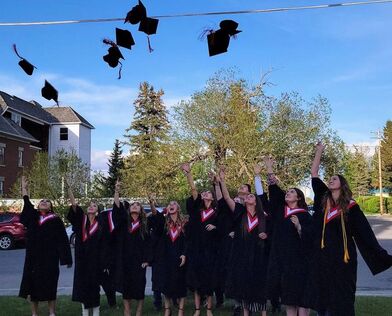 As I reflect upon this year’s graduation class, I am again reminded of God’s providence for us in all of the experiences of our lives. The three year journey that we in Holy Spirit have experienced in our faith plan, and the three year high school journey that this graduating class has experienced, were marked indelibly by the Covid pandemic. However, as a collective group, we are not marked solely by the pandemic. We might think instead of the wide range of educational experiences that students have had to prepare them to graduate, and the warmth of the interactions between staff and students as they engaged in the learning process. We might think of the ways in which our schools and communities have supported each other, and our shared joy in recognizing our graduates. We might choose to see the recent past as an opportunity to focus on and develop the virtues of fortitude, patience, and constancy. We might remind ourselves that one of the great things about a high school graduation is, that as an end and a beginning, it is a time filled with hope. And, in our Catholic schools, we know that hope is not solely our hopes for something, but a hope in Christ and in God’s promises and plans for us. As we pray this month for our graduates, let us pray that their hope be abundant and expansive, that they continue to deepen their faith, and that they witness in their words and actions the unity we share in the body of Christ.
After three challenging years, the 2022 graduates gathered last month at Holy Family Parish to celebrate their graduation Mass. These students were in grade 10 when the pandemic hit, having the entirety of their high school education impacted. But they focused on opportunities rather than challenges, and persevered to reach this wonderful milestone. Our division's theme this year was “Created in the Image of God”. Throughout the year, staff and students focused on the dignity, beauty, and uniqueness of each person. This theme was embedded in the graduation Mass in many facets. On the steps near the altar, each student’s graduation picture was displayed. In the homily, Fr. Rodel Abanto spoke of graduation being a commencement, i.e., a beginning. He reminded the students that they have all been made in the image of God and have been given unique gifts to impact the world in countless ways. At the conclusion of the Mass, Fr. Rodel prayed a special blessing over the cross necklaces, which were given by the Administration for each graduate as a stirring reminder of Jesus’ abounding love for them. This graduation was a celebration of a community of members with unique backgrounds, experiences, and stories, all coming together in a beautiful tapestry. Many students have been part of Catholic education since kindergarten. Other students joined our Catholic division at various points in their educational journeys. In a recent religion review performed in our division, Dr. Dean Sarnecki asked students who had attended school in both the public and Catholic schools if they found a difference between the school systems. The students could not specifically identify the difference but noted that there was a special feeling in the Catholic system - that it was “just different” and offered “something more.” Hard to put their finger on, perhaps, but that “difference” was pervasive. Another tremendous aspect of celebrating our graduating class was the 16 international students who graduated alongside their Canadian classmates. These students came from Germany, Brazil, Mexico, Peru, Denmark, Columbia, Ukraine, Japan, and Poland. They forged friendships that will last a lifetime and span many miles across the globe. Each one of these students was an important piece of the patchwork, the tapestry, of the Graduating Class of 2022. We do not know what the future holds for our graduates, but we do know we are sending them out with numerous lessons learned. They have learned to be flexible; they have learned the value of working together; they have learned perseverance pays off; they have learned to be welcoming to others in their midst, and they have learned that they are created in the image and likeness of God. With these experiences woven together, forever a part of the tapestry of the Class of 2022, undoubtedly, they will thrive. Photos from the Monsignor McCoy High School Graduation for Class 2022
In March of 2020, our world changed irrevocably with the immediate implementation of lockdowns, churches shuttering their doors and frequent moves to online learning for many students. We knew the pandemic and ensuring restrictions would impact upon our students but to what degree remained to be seen. During the nearly two years of living through a pandemic, students have repeatedly shown us a myriad of reactions and emotions to the ongoing issues and restrictions that have become a daily reality. As a Catholic school community, we have consistently sought to remind students of God’s continuous love for them, and that they play a very real and necessary part in God’s plan of Salvation. Faith and hope in the future are front and centre of our Christian message. Thankfully, this important and timely message was integral to an important day that we planned especially for our middle-year students at Bishop David Motiuk School and delivered virtually on January 27th, as part of our annual Faith Day. This was a day created specifically for our students to connect with God and to find inspiration for building community within our school. We began the day with a simple but profound Liturgy led by Father Paul Kavanagh and Deacon Ryan Sales. This led us into sessions with three guest speakers. Father Leo Patalinghug, a priest and professional chef from Boston, led us on an entertaining but meaningful journey to develop our understanding of Jesus as food for our mind, body, and soul. Deacon Ryan Sales of Edmonton, shared his heartfelt journey to becoming a Deacon and how the journey is just as important as the destination. He reminded students that they are already living God’s plan for them. Finally, we finished the morning off with a video presentation created by Father Rob Galea, an Australian priest and international speaker at youth conferences, who was also a contestant on Australia’s Got Talent. Fr. Rob touched on the pandemic and how technology has been a wonderful way for us to keep in contact with each other but that it cannot replace personal connection and community. All the videos shared were specifically recorded for Bishop David Motiuk's MYP Faith Day, which was such a blessing to our school community. The sessions were directly relevant to and meant for our students during this time of great upheaval. The execution of the day was a collaboration between several of our staff members who have become experts in navigating the challenges presented by the current pandemic restrictions. Many students shared wonderful reflections on what they heard, saw, and experienced as inspiration as they continued to live by the restrictions of a difficult school year. Many remarked that it was like the presenters were speaking directly to them and what they are going through. As Catholic educators, we continue to teach through the lens of our faith tradition and our scriptures. We commit ourselves to “bringing Christ into our classrooms” so that students recognize that all of the facets of life and action are imbued by the presence and compassion of our loving Lord. Taking a special day each year to remind our students through the wisdom of great speakers, that we are meant for God, is a privileged opportunity to engage in the ongoing mission of evangelization. Our students are aware that the Lord accompanies them through difficult times, as members of a family, of a larger society, and at school. They know they are loved by God because they see it in action around them, and they hear about it through events such as our MYP Faith Day. What a grace it is to be able to cooperate with the Lord in sharing the beautiful message that reminds students that, “I am here with you always.” Our speakers tell us the truth of this message, and demonstrate through their inspirational talks, just where and how the Lord works in the ordinary, and in the extraordinary events such as a pandemic to draw us closer to the life of faith and hope Written by Sunata Halliday from Edmonton Catholic School District.
“Those schools in Brooks are sure doing amazing things.” This comment made by my father-in-law started it all. I was four months away from graduating, unsure where I would end up, so I decided to look into ‘those schools’; after all, they were in my hometown. I remembered the old brick building from my primary school years. Aesthetically, the outside still looked the same, but I would be forever changed by the inside. As I opened the heavy brown metal door, I clearly recall being overcome with an indescribable feeling. My heart fluttered and an overwhelming sense of peace and calm came over me. Even to this day, I cannot explain exactly what I experienced, but I do remember thinking, I need to be here. The secretary, who is one of the most amazingly kind individuals I have ever met, greeted me at the front office. Her eyes were so welcoming and warm. We exchanged pleasantries and the reason for my visit. I took a seat, and shortly afterwards I was greeted by the principal. She too made an impression on me. Sitting in her office, not knowing her for more than five minutes, I could tell she was a sincere, kind, and compassionate soul, the kind of person anyone would want to work for. I shared my desire to do my teaching practicum at Holy Family Academy. It was a new adventure for the school to take on a practicum student, but she granted me the opportunity. We finalized plans and exchanged information, and that was the beginning of my journey in Catholic Education in Brooks. Over 20 years later, my journey continues. Throughout the years, I have had the pleasure of teaching at Holy Family Academy and St. Joseph’s Collegiate, and currently I teach at Christ the King Academy. I have taught some of the best students one could ask for in almost every grade and subject. I have also taught the toughest of the tough, the ones others might give up on. Being able to use my faith as a guide, helped me immensely. They were the most challenging group I taught, but they had the biggest impact on me. I am blessed to see Catholic education come full circle, as I am now teaching the children of some of my past students. The values and morals we instilled in our students then are becoming evident in the parents they are now and are reflected in their children who sit before me in class, an affirmation that we are doing good things here. I still sense that indescribable feeling every day when I go to work. It fills me with contentment every time I open the doors. I was reignited in my faith and finally felt a sense of purpose, and I will be forever grateful for walking through those doors the first time. Trust me when I say, “Those schools in Brooks are sure doing some amazing things.” You should check them out.
My journey with Catholic education started in St. Catharines, Ontario, at a job fair that was being held by Brock University. Gary Chiste was standing at the Christ the Redeemer Catholic Schools’ booth with a pack of Smarties and a contagious smile on his face. “Come for an interview!” he exclaimed. I had never thought about moving to Alberta. My plan in life was to work for the school board I had grown up in. I’d move back to my hometown, teach at my local Catholic high school and likely live with my mom to help around the house. But Christ the Redeemer had Smarties… and I couldn’t resist the Smarties. I have grown up in Catholic schools all my life because I was blessed with parents who believed in the value of Catholic education. But after spending time with students in the classroom, something was definitely different about the Catholic culture at Christ the King Academy. Each interaction with students was done through a love of Christ and with authenticity. Conversations became more meaningful because of the vulnerability that students and staff experienced. It was evident my colleagues were called to be educators and that they were living out their vocations by having real and genuine interactions that were mastered through the teachings of the Gospel. Even through challenging moments, when students had to be disciplined, they were met with grace and with the understanding that they, too, were a child of God. What I love most about Catholic education is how we pray before a hard quiz or exam; how we can stop what we are doing to teach a lesson from the Bible, how we discipline with the teachings of Jesus. What I love most about Catholic education is how we can have prayer services for fish that have died in our classrooms, the love that our students have for one another, despite their differences because they share the same faith. What I love most about Catholic education is the moments that go unexplained because of the Holy Spirit at work: when a student who is struggling the most “gets it” or when a student who has no connections to friends in the class suddenly gets invited to play at recess. I am thankful for the many opportunities I have had with students and conversations I have had with staff members. I’m thankful for the moments that have challenged me both personally and professionally. I look forward to what the Holy Spirit has in store for me and my students.
From the perspective of a priest, I, Fr Troy Nguyen, have seen the gift of Catholic education. Beginning with my time as a Deacon, I was able to visit a Catholic school in NW Calgary once a month and dedicate the whole day to speak to different grades in 30 minute intervals. From sharing the mystery of Advent with the little ones to speaking about the rational basis for our faith to the junior high students, it was a great opportunity to share the Gospel. One of my favourite things to do is to do question period with any grade but particularly the younger kids. They ask a variety of tough questions: who created God? Does the bible talk about dinosaurs? These and many other questions challenge me to translate complicated philosophical and biblical topics into bite size pieces for an 8 year old! Most importantly, it is time just to be with the students in a very human way just like Jesus did. Whether it’s walking through the halls, going to a high school football game or playing sports with the students, it reveals that faith is not contrary to our everyday life. I had an opportunity during lunch at an elementary school in Christ the Redeemer (CTR) to walk around and was invited to kick the ball for kickball. So I took up the challenge in my priestly attire and smoked that ball into the end of time! The kids were shocked and elated at the same time that a ‘priest’ could play kickball. At a junior high school in CTR during a girls basketball finals game, I was invited to say the opening prayer for the team and give them a blessing to calm their nerves because they were worried about this particular opponent. When they started playing, the girls from CTR played with great freedom, crushed their opponent and won the championship. They were extremely grateful for the spiritual boost and ‘divine intervention.’ To be able to share in the joys of these students with faith is a great gift. There are many more instances I could describe where Catholic education creates opportunities to encounter our Lord and the Catholic faith. These opportunities to reach out to students are only available to me because the administration and teachers allow me to come to visit the school. It may be much more difficult if not impossible to enter another school not focused on Catholic education. So, while there is much to be grateful for, there is much to continue to strive for if we want to maintain Catholic education. We need to pray for our teachers and administration and we need to continue to be intentional in forming their faith so that they can evangelize to our children from an authentic heart. We need to remain firm in our Catholic identity so that we can transmit the Catholic faith in its fullness and this is what differentiates us from public education. Catholic education is a gift, but gifts need to be protected and preserved. So we give thanks to God for the gift of Catholic education, and we ask him to protect and preserve this gift so that all of our children may continue to have the opportunity to know and to love this amazing God.
Even moments of stress can be holy. When complaining about getting the ladder up to put up Christmas lights in the cold, a student re-framed the situation to say at least you have a house and are healthy enough to climb up! By shifting our perspectives slightly, we were able to see ordinary encounters as holy moments. The impact of teaching and learning through the various waves of the COVID 19 pandemic has impacted everyone and affected us in different ways. We noticed in conversations that at times it was challenging to see the light along the journey. Even as faith-filled educators we had to cope with uncertainty and make sense of God’s intention for us. It is in times like these that our faith can really be our strength, if we look for it. At our school we started with a reflection on our daily encounters. Rather than simply overlooking a helpful gesture or beautiful sunrise, we wanted to absorb those moments. Those moments can be fleeting, yet so powerful. To transfer this to students, among several initiatives, we implemented a call to identify holy moments. One of the activities that we had students participate in was a “Holy Moments” chain. Students would add their moments to the chain which was connected and displayed in the hallways. 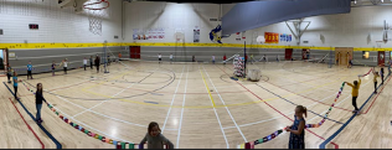 Students prepared the Holy Moments chain for display. Students prepared the Holy Moments chain for display. We found that by intentionally sharing holy moments, perspectives changed. The act of re-framing situations to see the blessings in our midst allowed us to see our call to be joyful people, who act with gratitude. However, joyful participation in the challenges of life isn’t always easy. By identifying holy moments, it has also affirmed the gift that we have in our Catholic school with faith in the Lord at all times. We walk with Jesus every day! It is a blessing to be able to journey through hard times together knowing that God calls us to lift one another up when we are down. When you stop and look for it, even on your hardest day there is a holy moment that will make you smile. The foundation of our school as a community of faithful has not been more relevant than it is today. We need to know that God is with us. It is up to us to actually pause and notice His presence in our lives. The only question left to ask is, what holy moments have you had today?
In the name of the Father, the Son, and the Holy Spirit… Despite his upbringing in a strict Hindu Orthodox home in India, Kasiviswanat Ganesan carefully recites the Trinitarian prayer complete with careful hand placements to mark out the sign of the Catholic faith. Kasiviswanat or ‘Kasi’ as we all know him as, is the Cafeteria Manager at our newest high school in Red Deer Catholic Regional Schools. He has held this position since the school opened and has become well-known throughout the school division for his culinary expertise and the amazing lunches and dinners that he provides as part of the catering responsibilities that his team holds throughout the division. Kasi is also a parent in our division with a son and a daughter in our French Immersion program. This allows him to have a unique perspective and I sought him out to discuss his observations and understanding in relation to Catholic education. In our conversation, Kasi shared that he works two full time jobs. He is a supervisor at one of the top restaurants in Red Deer. He begins this job everyday after working 8 hours at our high school. Kasi indicated how hard this has been on his relationship with his son, Mukesh, who he often doesn’t even see on a normal workday. He tells me that he is supporting his own extended family back in India as well as in-laws in Indonesia. Kasi also tells me that he has been offered twice as much money at other restaurants or a promotion at the restaurant he currently works at if he would give up his job at St. Joseph’s High School. I asked him why he doesn’t do that especially given the financial obligations he carries. He replies, “I stay because of Mr. Daniel”. Mr. Daniel is the principal and Kasi goes on to inform me that he learns so much watching Mr. Daniel lead the school community. “He has built a family at our school.” I want to lead like Mr. Daniel who is tough on the outside, but has a really big heart.” I ask Kasi for an example and he describes a time when Mr. Daniel came to him and told him about a young man in their school who has a very difficult home life and was supporting younger siblings basically on his own. “Mr. Daniel told me to quietly give this student a lunch every day and just send the bill to the office and they would take care of it.” Kasi also recalls the time when Kasi, himself, became a Canadian citizen. “I did not tell Mr. Daniel that I was doing this, but the next day, the school had organized a special gathering for me and celebrated my new citizenship.” Kasi knows that his kids are getting more than just a good education in our Catholic school division. “They are learning how to live in a relationship with others. Catholic school changes their character and puts them on a good path. It is a good thing that they are learning there is one superior power out there guiding them.” This takes me back to the first line of the article where Kasi perfectly demonstrated the sign of our Catholic faith. Kasi has not joined the Catholic Church nor does he have any current desire to do so, but he knows Catholic education is good for his kids. Kasi explains, “My daughter taught me this as part of her prayers of gratitude she leads when we eat meals together and before she goes to sleep at night.” Kasi’s daughter’s name is Avanthika which means ‘beautiful sky’. She is five years old.
Every year the students at Christ the King Academy in Brooks, Alberta sign up for a variety of service projects and good works to help prepare their hearts for Christ’s coming during this Advent season. Usually, the students engage in works such as baking muffins, praying for the living and the dead, or cleaning up around the neighbourhood. This year however, we started what we hope to be a new tradition – writing Christmas Cards to our dear retired priests of the Diocese! The idea came about during the grade six’s religion class, when learning about the Sacrament of Holy Orders and the life of service a priest undertakes. The students were quick to realize that the vow of celibacy meant that for many priests, we as Catholics are their family members! While priests are serving in their parishes, they are surrounded by the many families who help take care them and thank them for their service… but what happens when a priest retires? The students were surprised to learn that our retired priests are still helping celebrate Mass and administering Sacraments where they can, despite no longer have a parish family around them. We discussed how we can show our love and thanks to these priests who spent their lives working for us, and the answer seemed clear – we would write them Christmas cards! Each student wrote a card to some of the retired priests in the diocese to let them know we are praying for them by name as a class and we are forever grateful for their years serving us. Written by Michael Metcalf for Faithfully. Michael is a Grade 6 Teacher in Christ the King Academy, Brooks, AB.
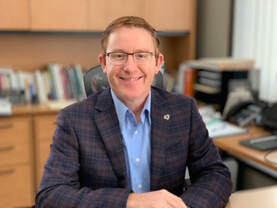 Recently East Central Alberta Catholic School Division (ECCS) hosted its annual Mission and Ministry Day. The divisional full day faith event is facilitated to help foster and enrich our spiritual journey in loving and serving God. ECCS has developed a four-year faith plan based on the divisional touchstone which reads, “We teach; we share; we learn; we care. Growing in Christ believing that we can make a difference.” The focus of our year one faith plan is the beginning of the touchstone, “we teach.” During this year, we focus on answering God’s vocational calling to be authentic Catholic educators. The scriptural foundation for the school year’s faith focus is from Romans 8:28, “we know that all things work for good for those who love God, who are called according to His purpose.” What a relevant scriptural passage this is in kicking off the four-year faith initiative! We extend to Father Moses of Blessed Sacrament Church in Wainwright, as well as Father Christopher at St. Mary’s Church in Provost, a sincere thank you for wonderfully celebrating our opening liturgy. Educating within a Catholic school is a God given vocation, a calling, and not just a job. God has given each of us unique abilities, talents, and gifts that we are summoned upon to give freely and to teach the Good News as Jesus Christ did. What a beautiful and tremendously magnificent responsibility this is. Every day we receive the greatest gift, that being the children of God, to which we are called upon to educate, love, care for, and to build God’s kingdom. Often, the best professional development and faith enrichment comes from those that we work with daily. Every person has a story to tell and we wanted to capture the unique and sometimes challenging faith journeys travelled in answering God’s call to be Catholic educators. With this in mind ECCS along with Dr. Annicchiarico as our guest speaker, facilitated a day centered around the power of story telling. The telling of personal faith stories takes courage. Three administrators and two senior administrators shared their personal testimonials of being called by God. Three story telling topics consisting of being “Called,” “Blessed,” and “Entrusted” were delved into by our presenters. Each testimonial was incredibly personal and each resonated in different ways. All the stories touched upon the truths of humanity, being sinners, facing struggles, enduring hardships, and ultimately finding joy and peace in recognizing and responding to God’s call! After each testimonial staff members were provided with guiding questions that helped to foster further story telling. The stories told were authentic, sometimes emotional, and there seemed to be a general mood of sincere joy and gratitude. Stories have the power to unite us and they bind us together as witnesses of God’s love and mercy. Heartfelt story telling is a remarkable way of passing on the truth and wisdom gained along our life journey. At the end of the day, we realized that we are all wonderfully created and uniquely gathered to vocationally answer the call of God. We are so very blessed to be a part of His plan.
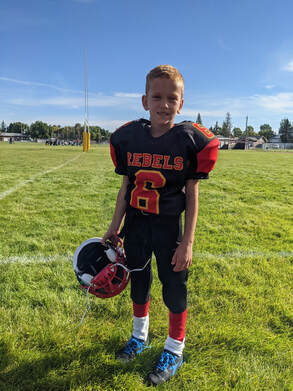 I left the task of dressing Frank in football equipment until 5 minutes before we had to leave for practice and the pressure was on. My anxiety stemmed from my own football days in which being late for practice was punishable by a variety of creative endurance challenges. When we finally made it to the field 10 minutes late, I was half-relieved that the coach did not demand that I run sprints with one of Frank's 8-year-old teammates on my back. As our bobble-headed children ran drills in the field, I joined other parents on the sideline, where the typical introductory remarks occurred. Learning that I was a local Catholic school principal, two parents recounted their own Catholic education as they were both alumni of Catholic schools in Alberta. Obviously, most people do not wish to discuss negative experiences with total strangers, however in my experience, without solicitation, many people enthusiastically share the memories of their Catholic education. Often it is said of Catholic schools in Alberta that "they feel different" from their public counterparts. This feeling is usually attributed to the obvious religiosity of the building or Holy Spirit's activity in our midst. Since moving further south in Alberta, I have decided that Catholic school alumni also "feel different." Though a bit mysterious and difficult to define, based on many spontaneous conversations, I think that Catholic education in Alberta, at its best, gives students the opportunity to witness Christ's Kingdom being built daily...and it sticks with them. Most people have some sense of the trappings and routines of catholicity in our schools. While the formalized religious and liturgical programming feeds our spirit and identity, there is an equally important "spiritual osmosis" that occurs to students from the teachers, parents, and priests who model how Catholics think and act in daily life. The products of Kingdom building are seen in the police officer who still attends school masses and remembers the prayers from his years in Catholic school. The parent who arrived in Canada as a refugee from Bosnia and "prays like a Catholic" because of her schooling, despite being Muslim. A community coach who leads pre-game prayer, because "that's what we always did." The volunteer driver with a van full of teenage boys, who crosses herself when driving by a cemetery or church. The innumerable stories of teenage shenanigans met with merciful responses of both Catholic parents and teachers working to restore peace and justice. These little conversations are a grace to me knowing that educators, parents, and clergy rarely see the fruits of their work. They are indicators of our students meeting Jesus and being a part of his Kingdom while in our schools. It is an education that sticks with them and reveals God's love.
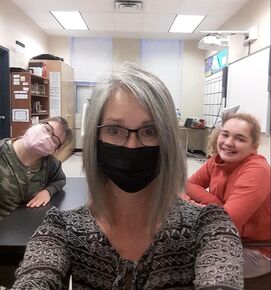 As a young mom with a daughter ready to attend kindergarten, I was not sure which school I could trust my young and impressionable daughter to. Who would be good enough to teach her? I worked in the public division, yet my heart was being called to the Catholic school. I knew no one who worked there, so I decided to make an appointment to have a tour of Holy Family Academy in Brooks. When I walked in, I felt something different. There was a sense of peace and calm. A welcoming presence washed over me. The Bible verse, “Let the children come to me” was exactly what I saw myself doing; letting my child go to these teachers. I wanted my daughter’s faith formation to begin with authentic relationships where prayer was spoken and open, and honest conversations were had on a daily basis. When I reflected on who would be good enough to teach my child, it was God. He had to be placed first as an educator and in my daughter’s life. I was grateful to know that I had a choice where my daughter could attend school. I know God led me to Holy Family Academy. It has been wonderful to watch her grow and to see the amazing woman she has become, mostly due to the teachers who shaped and molded her and taught her of God’s love, mercy and forgiveness. This was where the seeds were planted. When our second daughter was born, we knew that she would attend Holy Family Academy as well. No questions asked. The decision was easy to make! My work at the public school division made it tough for me to share in celebrations and events with her. I remember at a church event on Pentecost Sunday I walked up to the principal of Holy Family Academy and I told her that I was going to work for her one day. Unbelievably, that next year I was hired and I have been with Christ the Redeemer ever since. I have not looked back. Here I can openly pray for a student and make the sign of my faith. I am so grateful to work where my daughters went to school and be a part of their learning. I feel so blessed. I have learned that God stretches you when you least expect it. I am not the same person I was twenty years ago. He has been at work leading and guiding me, as I walk and pray in ways I had never done before. The opportunities the school has offered me have been such a gift. Face to Face and NET retreats, listening to musicians and guest speakers, school masses, adoration, the Martha Retreat Centre, Faith Days, and Mission trips…all of these experiences have such a special place in my heart. When Mother Mary called me to go to Medjugorje and Knock Ireland, Christ the Redeemer allowed me to go. World Youth Day and the Holy Land were only dreams in my eyes, yet God made it a reality. It is all by the grace of God! God has stretched me in my classes at work. When teachers have encouraged me to step out of my comfort zone and try teaching a new class, their words, “I believe you could do this”, made a huge difference. Their encouragement was a gift. My students have been my everything. They are the reason I am called to my vocation. I have joy when I wake up and know I get to do what I love. This is not a job, it is my calling and I am so glad God chose me to be a part of the Brooks Catholic Schools and Catholic Education. God is so good, all the time!
These are words that come to mind when I reflect on my experience of Catholic Education in Brooks. My husband and I didn’t know what to expect coming here with two young children in tow 20 years ago, but this place has a way of grabbing hold, seeping into your heart and not letting go; it has a way of becoming home. There are many people who have influenced my development as a Catholic educator: administrators who recognized my potential and encouraged me to have faith in my ability; colleagues who were, and are, my greatest role models; and students, who taught me more about life and faith than I could ever teach them and whose experiences showed me what courage really is. What I value most about St Joseph’s Collegiate. is threefold. It’s the people. It’s the presence of the Holy Spirit working on hearts and changing people. It’s a true desire to be “a community, rooted in faith, seeking excellence for all”. It’s a family. I’d like to share story of a young man I’ll call Cas* who came to St. Joseph's for only one year. He had a great smile, and he loved basketball. He was respectful and attentive but wasn’t achieving very well. One day, Cas approached me and asked for help. He described his life at home with no rules; he could do what he wanted, when he wanted - and he did. Although this might sound great, Cas wasn’t happy. He needed parameters. Together, that day, we created some expectations: he would work in my classroom every day after school, and most importantly, he would call me every night at 10 pm to let me know that he was home. That’s all he needed - someone to care enough to set some boundaries. Cas’ grades and self-esteem improved drastically, and somewhere along the line, he started calling me “mom”. This young man left an indelible mark on my heart and this experience, to me, encapsulates how I feel about Catholic education. We don’t know the impact we have on students - a kind word, a listening ear, an open door. What an incredible responsibility and an incredible privilege! I feel deep gratitude for my time in Brooks - to be part of all the amazing graduation celebrations and to witness the growth of our school into a vibrant and diverse community. God calls people here for a reason, and I know I was called to be in this place at this time. Leading a school during a pandemic is one of the most difficult things I have ever done, and it has challenged me to the core. But I am able to appreciate my freedom, my family, my upbringing, and my faith even more. I am thankful that God trusted me to do His work. What an incredible blessing! As I move on from this amazing community, I know that the Holy Spirit will continue to be present here, and with that knowledge, there will be many more blessings, more challenges, more gratitude, and more growth. Thank you, Lord, for this incredible gift. *not his real name
I was born into a faithful farm family who attended church regularly. My sister and I were among the little people who flocked to Sunday School and ran around the church basement while our parents served coffee and visited with other members of the congregation. It was with sincere devotion that I was baptized as an infant and confirmed by my own choice as an adult in the United Church. My journey continued in the United Church when I was married, and my husband and I welcomed two beautiful children into our family. We were living in Edmonton and I was teaching at a public school when my husband received the news that he was being transferred to work in Calgary. Shortly after arriving there, we needed to look at schools for the children. As a teacher, I started to research the schools in the area and found myself drawn to the Calgary Catholic Board. My husband was baptized Catholic and so we enrolled in the neighbourhood Catholic School. I was thrilled with the education my children received and even more excited about the learning they were doing in regard to faith. They came home with stories about their lessons and asked questions about what they were learning. The more they asked, the more I thought about my responses and I was not satisfied. I attended liturgies at school and asked questions of my husband but felt like I needed more in order to support my children on this path that I had chosen for them. Soon, I found myself in the office at St. Albert the Great Parish and enrolled in the RCIA program. “Information is what I need”. “It is for the children”. “I am happy with my faith and the United Church”. These were the lines that I was telling myself and they were what got me started; my feet in the door I guess you could say. As we hear so often, “God works in mysterious ways”. The more I learned at RCIA, and the more I volunteered at the school, the more invested I became. Wednesday nights became the best night of the week as I joined my sponsor and delved deeper into the faith. RCIA allowed me to grow and expand on the faith that had been fostered in me as a child. As an adult, I am acutely aware of the fact that I had an opportunity to look at faith in a new way and to choose it for myself (with the guidance of the Holy Spirit and many other faithful companions). Now, as a Catholic school teacher, I am blessed daily to learn and grow in faith alongside my students. It is with humble appreciation that I embrace each day of learning that will last a lifetime and beyond.
Some of my fondest memories attending a catholic school were walking the 2 blocks or so to St. Mary’s Parish for school mass. Along with the holy mass itself, I enjoyed the brief reprieve from school work, a chance to visit with my classmates while walking, and singing in the school choir. I had learned harmonies from my mom singing at mass on Sundays, (and to Celine Dion at home) and loved to create music alongside my peers. Welcoming people at the door, reading Scripture, playing an instrument, and intercessory prayer; school mass gave us the opportunity to practice using our gifts for the glory of the Lord. When I was 16, our school sent a bus-load of students to Prud’Homme Saskatchewan to attend a Face to Face Retreat. I later learned that Prud’Homme was also the first retreat my now husband attended, although neither of us remember meeting. At the retreat there were talks about God’s love and the saints, praise and worship sessions, time to attend the Sacrament of Reconciliation, one on one prayer ministry, and musical Adoration. I was moved by the love these young people had for our Lord. During one of the worship songs, I vividly remember looking at the worship leaders thinking how lucky they were to witness this fire at each retreat. In that moment I whispered under my breath, “Lord, it would be so cool to do that.” The Lord answered that little prayer and 3 years later I was given the privilege of singing and serving with Face to Face Ministries for what would become 4 incredibly faith formative years. During these years, the seeds of service, self-sacrifice, prayer, and faith that my Catholic education had rooted in me, blossomed into an undeviating love for our Lord that continues to grow today. Now raising our own 4 children, I am so grateful to pass along the good, the true, and beautiful to them through the gift of Catholic education. I am grateful to be able to root their identity in Jesus, our firm foundation, especially as our world faces such confusion of identity today. I am grateful to introduce to them the Sacraments that bring true life and peace to their souls. I am grateful to read to them the lives of the Saints so that they have role-models of virtue, and someone to relate to in times when they fail. I am grateful to teach them the rosary, so that one day they would recognize the importance of prayer and Our Lady’s intercession. I am grateful to bring them to Mass and Adoration so that they know our Lord deserves their time, and so that they know where to go when facing a difficult decision. In a word, I am grateful for Catholic education because it was an extension of my domestic church; it cultivated the virtues my parents instilled in us at home while preparing me for a life of docility to the Spirit.
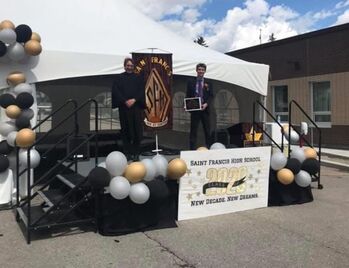 For a second year in a row, gathering restrictions will prevent graduates from Calgary Catholic high schools from participating in the types of graduation ceremonies that many of us associate with a typical Grade 12 year. Gone are the cap and gown ceremonies with families packed into the auditorium, the valedictory address delivered to thunderous cheers from the assembly and the banquet meal shared together with peers. In our Catholic high schools, this also means that the traditional celebration of a school graduation Mass with classmates and faculty will not be proceeding. Many of us remember these traditions fondly and feel a sense of remorse for this year’s graduates that they will miss these familiar rites of passage. However, school communities have responded to the challenges with innovative solutions and alternatives. Graduation is too important to miss – this is the culmination of many years of effort for students and their families. Graduation also holds a hopeful promise for the future, a time where young women and men further explore their place in the world and come to a deeper understanding of themselves and God’s creation. As a Catholic community, we fail to respond to the goodness and blessings abundantly displayed around us when we miss the opportunity to celebrate our graduates. This year, our high schools are building on what they learned last year to create personal and meaningful celebrations to acknowledge students and their families. A special Mass for graduates was celebrated by Bishop McGrattan at the Shrine Church of Our Lady of the Rockies and the recording will be shared with every graduate and their families. Schools have recorded valedictory speeches and greetings from school staff to share electronically. And, taking advantage of good weather and abundant space outdoors, schools are arranging “drive-through” events and photo opportunities for students to receive their certificates in a safe manner. Far from being a token celebration, this adapted way of marking graduations allows for an intimate and personal celebration for each individual. As Bishop McNally High School principal, Neil O’Flaherty affirms, “Despite students being asked to repeatedly acclimate to the uncertainty of the coronavirus, celebrating one’s graduation, with family members lovingly alongside, is one tradition that COVID 19 could not prevent. Each high school has made the event uniquely their own and, as we have done at Bishop McNally, each student’s personal accomplishment has been individually (and collectively as a class) celebrated, in a safe manner, with a creative and memorable flair befitting any graduation, past or present.” Catholic schools have felt particularly called to create spaces of welcome and encouragement for our students during the pandemic. Faced with restrictions on gathering, we are paying special attention to engaging, seeing and celebrating each student. Mackenzie McManus graduated in 2020 from All Saints High School under similar conditions. Her grad class was the first graduating year from the high school in Calgary’s deep south and she fondly remembers the experience of the drive-through grad. “The important part of graduation for me was to be able to walk the stage and get a picture in my cap and gown”, says McManus, “The drive-through grad did that quite nicely.” She noted how much effort it took for staff to arrange the drive-through. Allowing that special time for each graduate extended the event to three days for teachers and support staff who took turns holding congratulations signs and cheering for each student who came through. Please pray for all Catholic school graduates and their families during this month of June. May the experience in our schools equip them with the knowledge and wisdom they need to continue to grow, learn and serve. A prayer for Graduates Lord God, giver of all wisdom and grace, bless the students who have worked diligently to prepare for graduation. Guide and direct them as they go forth to encounter new opportunities and challenges in the world. As they continue to nurture their gifts, help them to stand up for their Christian beliefs and to further develop values and virtues that promote communities of fellowship and caring. May they always act with responsibility and practice integrity that they may be living witnesses of your word and instruments of your peace. Through Christ our Lord. Amen
The vocation to teach is a great gift. To authentically live one’s faith life in a Catholic School unleashes the power of the Holy Spirit, drawing those who are searching, those who are yearning to grow toward God together. Being a witness to the mighty power of the Spirit I can testify to the fact that the Spirit is moving in our schools. I have been blessed to minister to the children through weekly gatherings in our gym under the auspices of “Hymn Sing” – a time of preparation for our school liturgical life – through song, scripture, and prayer. The tiny seeds that are sown grow in places and in ways that are surprising and lovely to behold. It was after a long weekend that a grade 3 student came running toward me in the hallway one bright Monday morning. “Mme, I have to talk to you. I had a dream last night and God wants us to have a Jesus Club at our school. I know that I love Jesus and I know that there are other kids who love Jesus too, but Mme, I don’t know who they are! We need to have a place, we need to have a time where we can find those kids and talk about this. Can you help?” This was the beginning of our school’s Jesus Club – an idea inspired by the Holy Spirit through the enthusiasm and energy of a child who wished to live her faith authentically. Throughout that school year, 108 students, one third of our school’s population, journeyed through our lunchtime Jesus Club, growing through scripture, prayer and games to walk more closely with Our Lord. 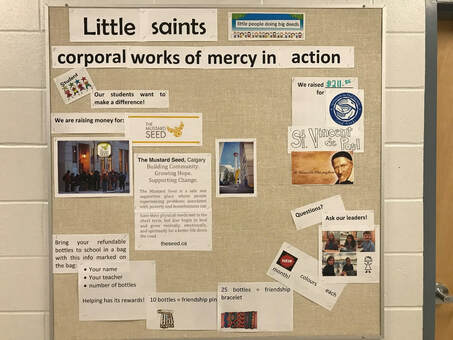 The following school year we began, through our Hymn Sing time, to explore how to live the corporal works of mercy as a response to that year’s faith theme “Knock and the door will be opened.” The call for us to care for the needs of the poor, the need of the sick, the needs of those who are enslaved resonated deeply with the students, especially with one boy. An idea began brewing within him. A call to action soon followed. He harnessed the energy and enthusiasm of 5 of his school mates, and they formed “Little Saints: the corporal works of mercy in action”. These children championed one bottle drive each month to raise money for the St. Vincent de Paul Society, the Mustard Seed, and Feed the Hungry before COVID closed our schools last year. Through their promotion of each bottle drive, they spoke to the student body, made posters, counted, and sorted bottles and made hundreds of friendship pins and bracelets as rewards for participants. These children who receive the Word with such loving fervor are examples to us all. They are the fertile ground on which the good seed falls and bears fruit. Their openness to the power of the Holy Spirit inspires their actions and forming tomorrow’s leaders. I am privileged to work with children every day in our Catholic schools. Their enthusiasm serves to inspire us to become like little children who receive the Word wholeheartedly and run with abandon into the vineyard of the Lord – helping His Kingdom come.
|
Author
Catholic Pastoral Centre Staff and Guest Writers Archives
July 2024
Categories
All
|
|||||||||||||||||||||||||||||||||||||||||||||||||||||||||||||



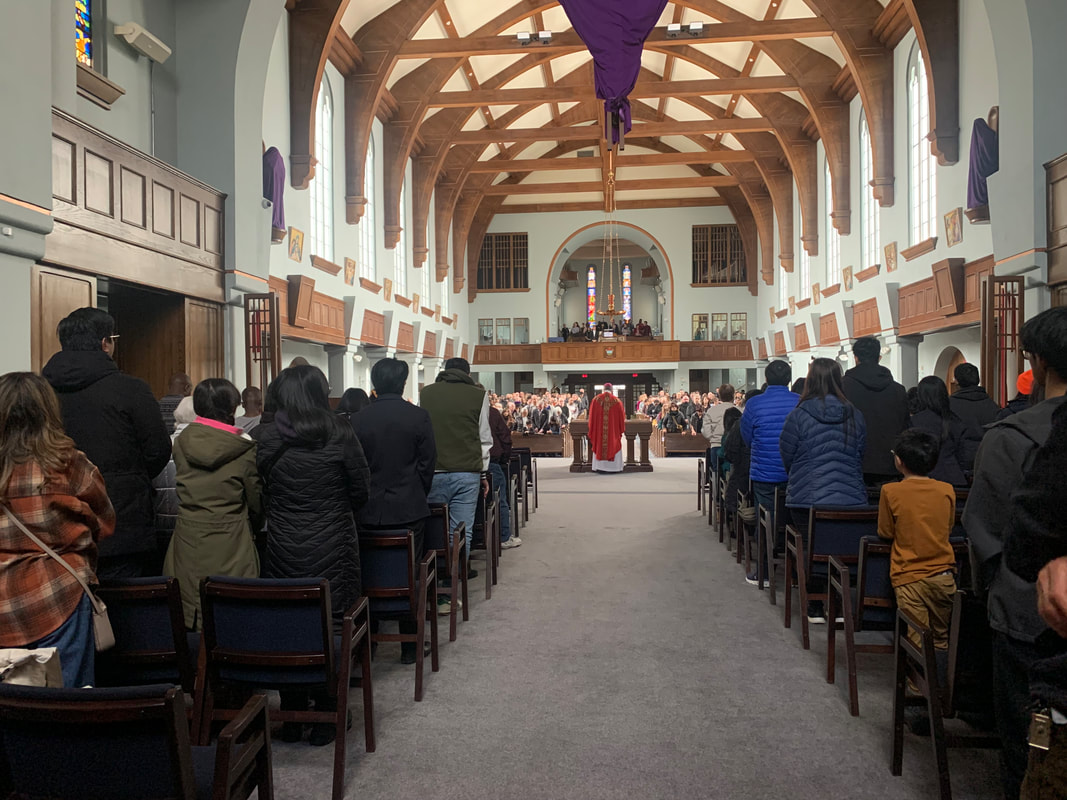
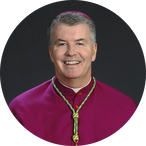
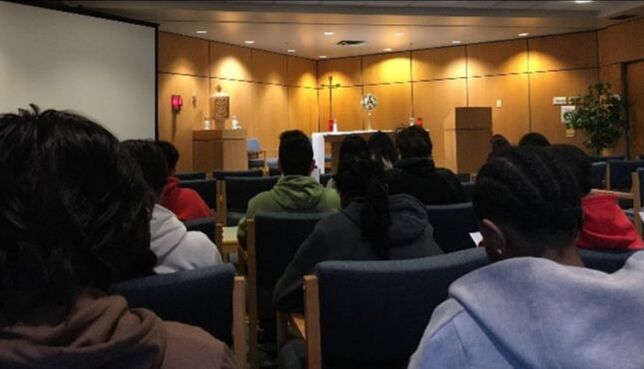
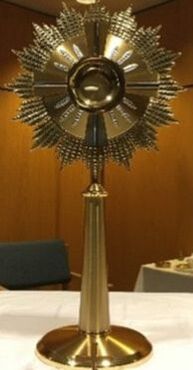
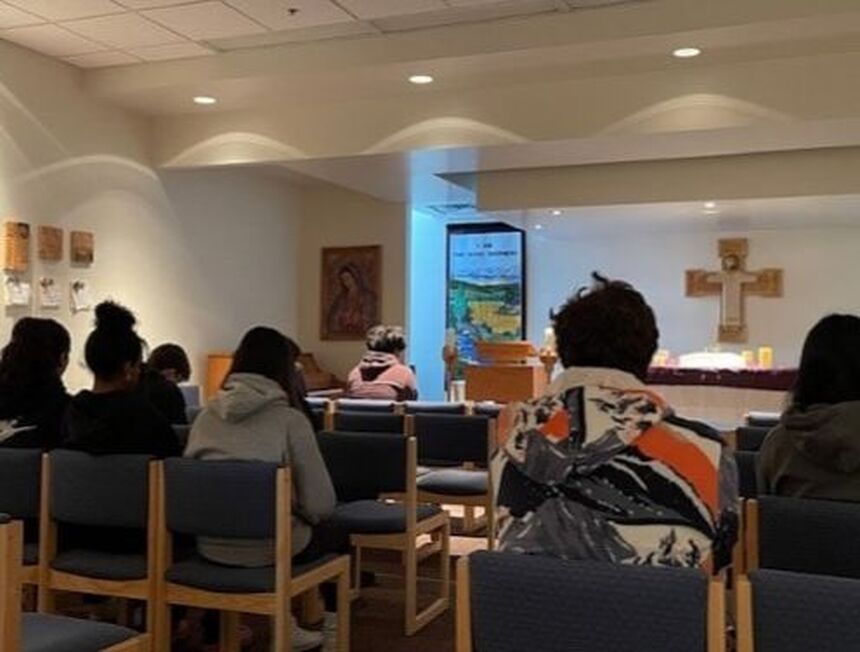
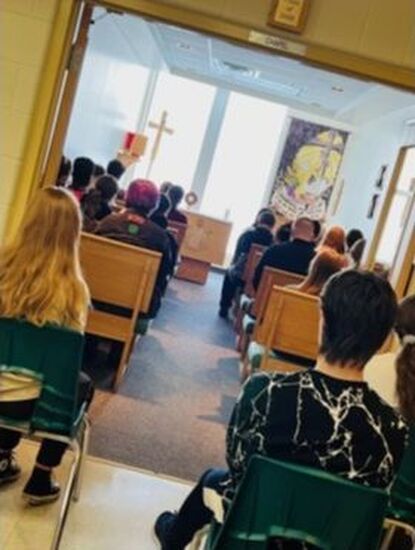
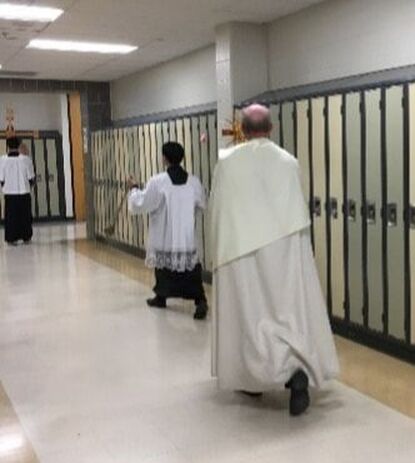
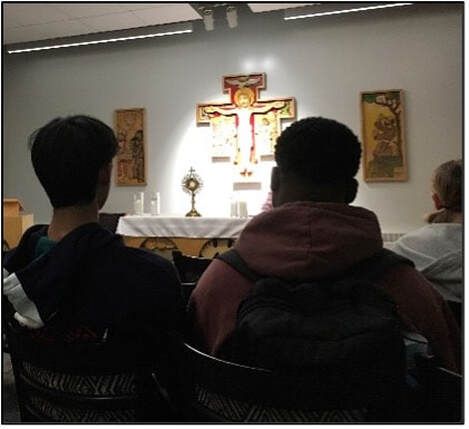
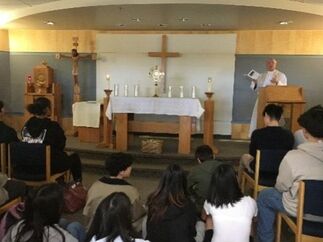
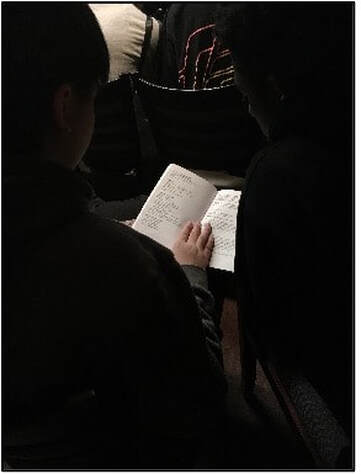
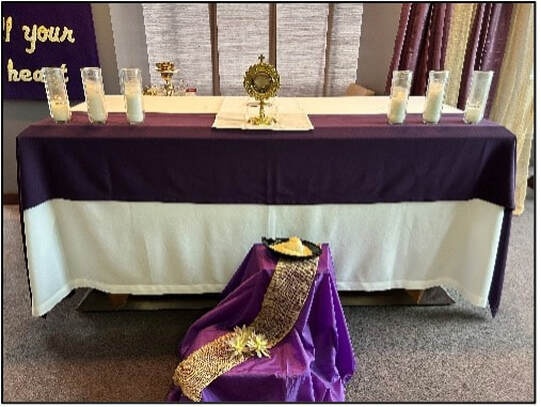
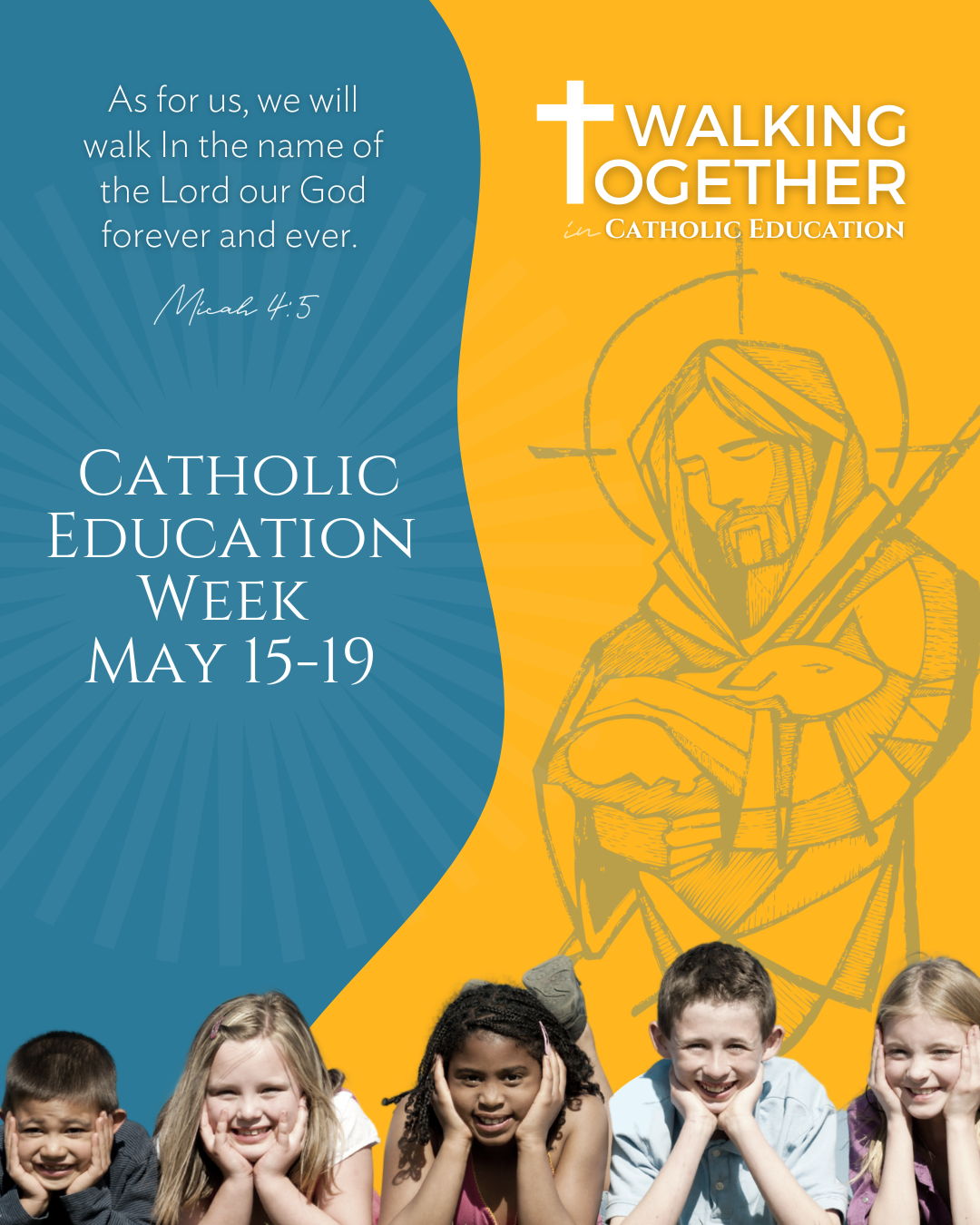
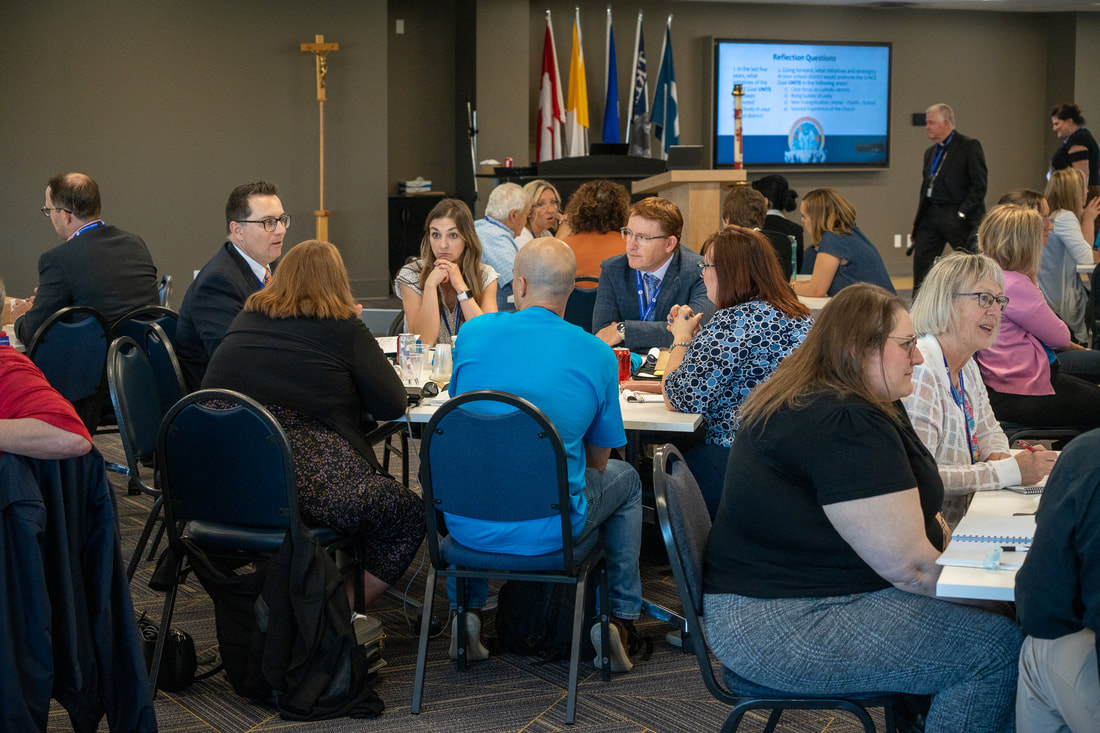
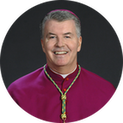
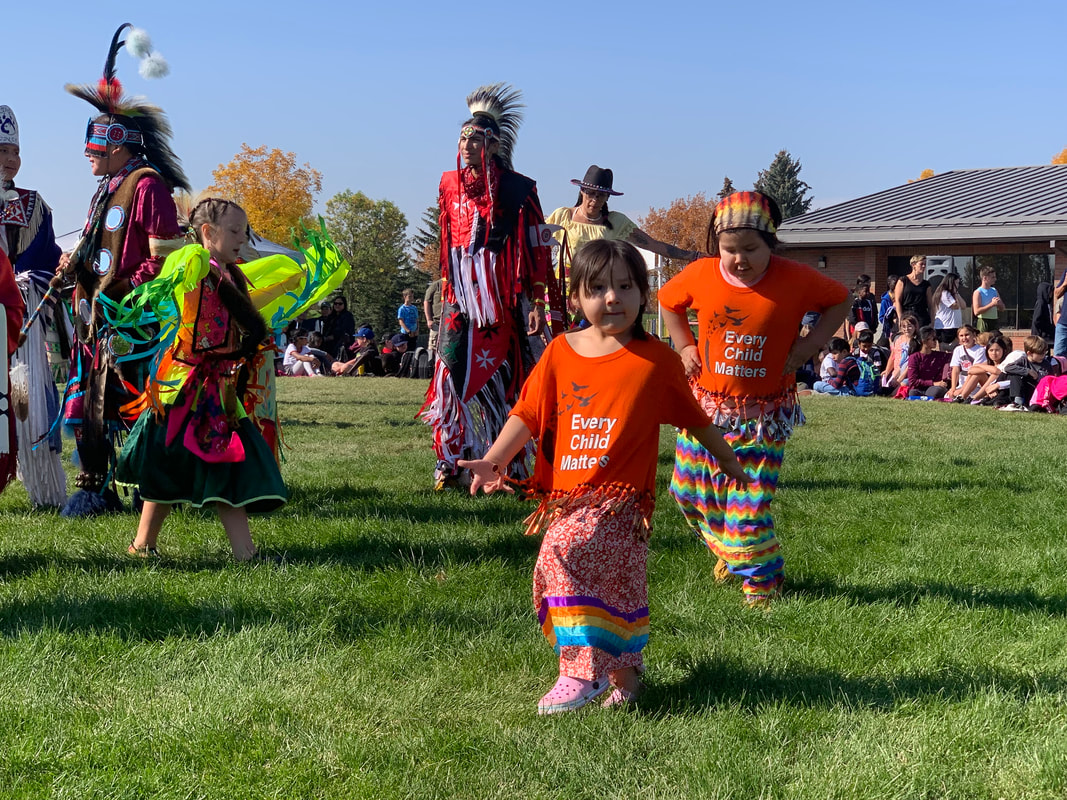
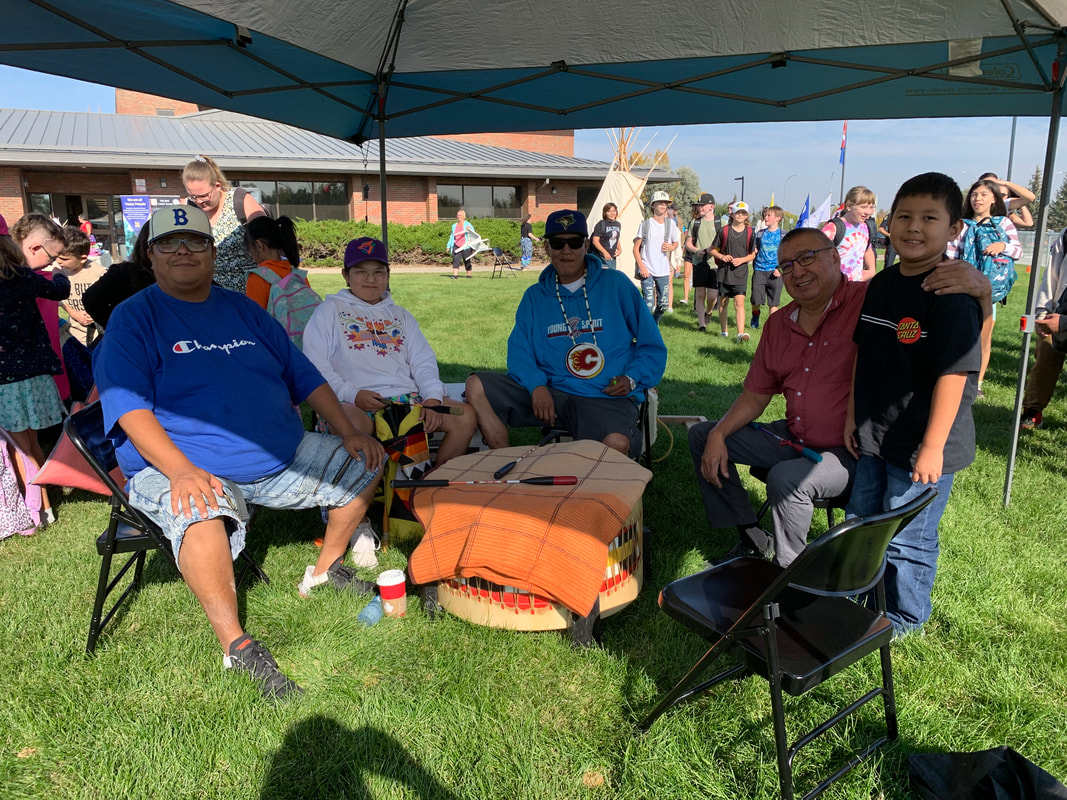
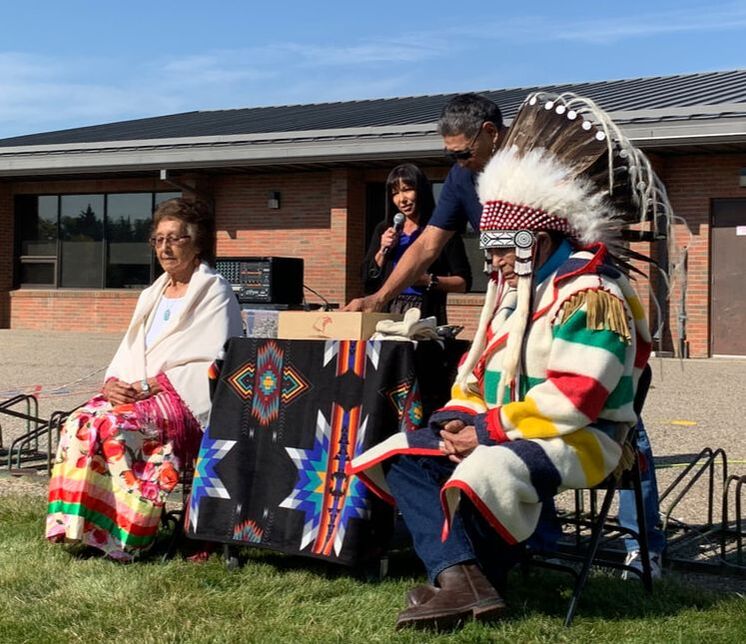


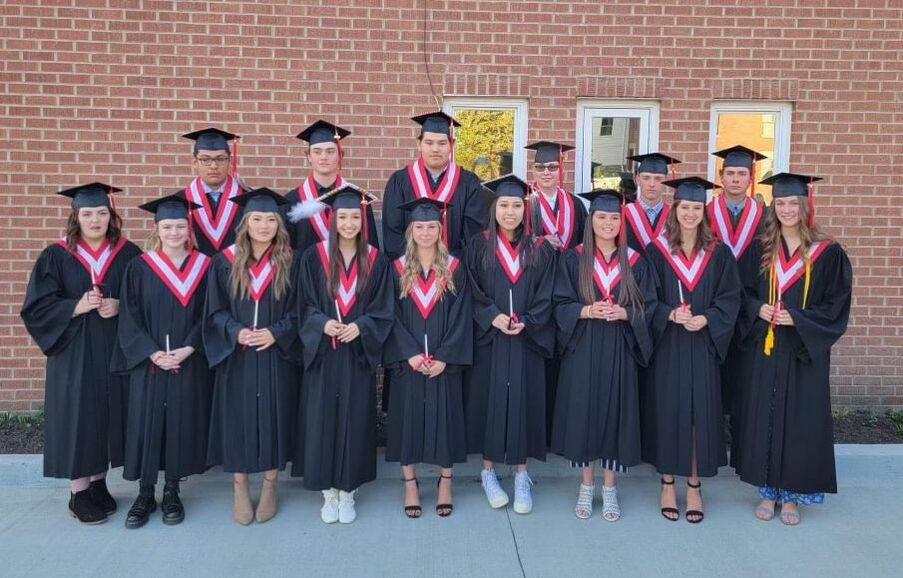

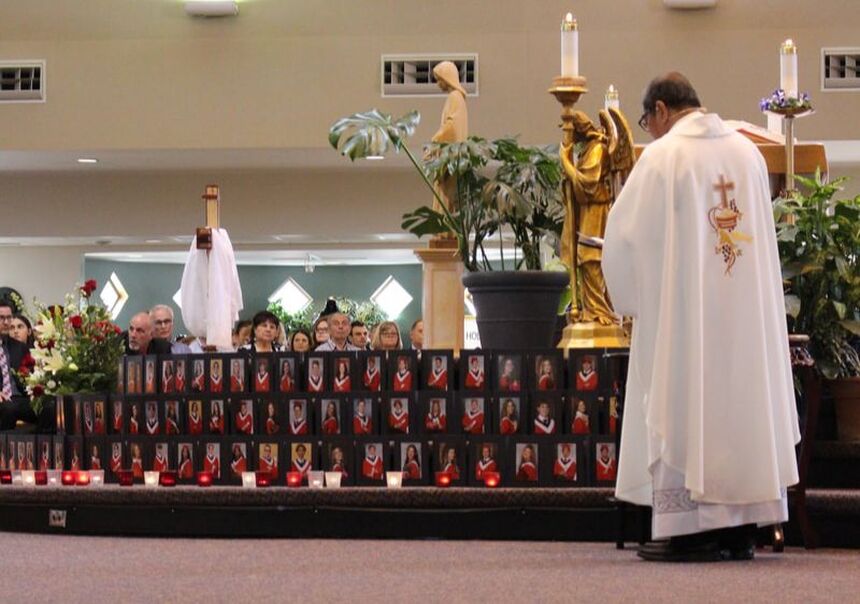
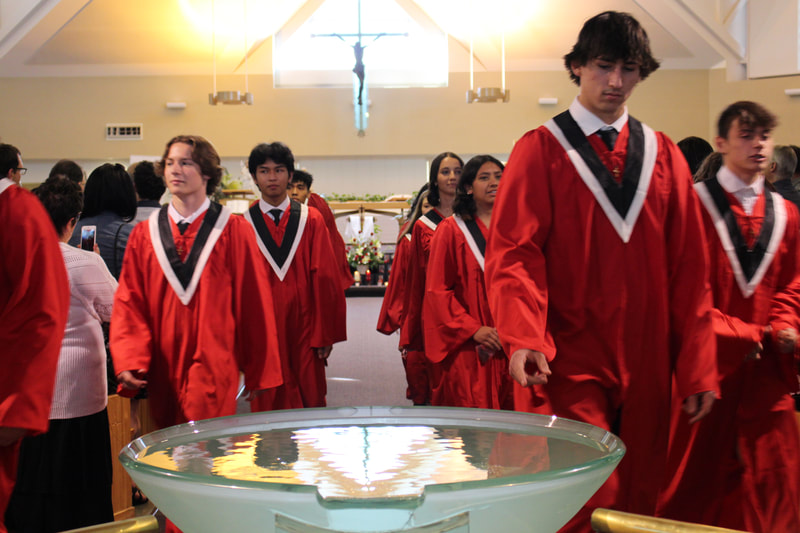
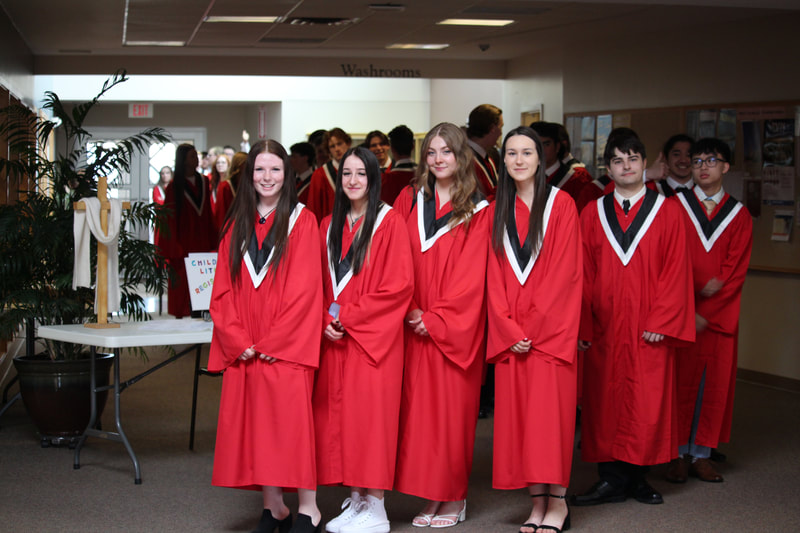
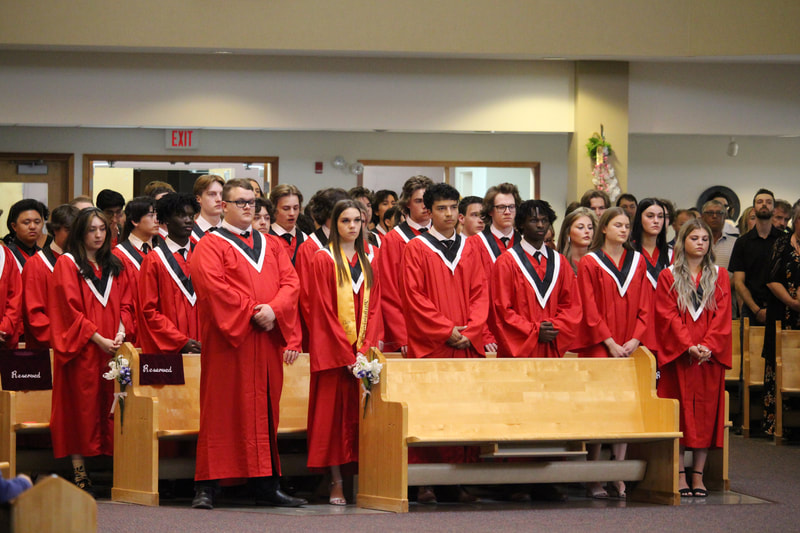

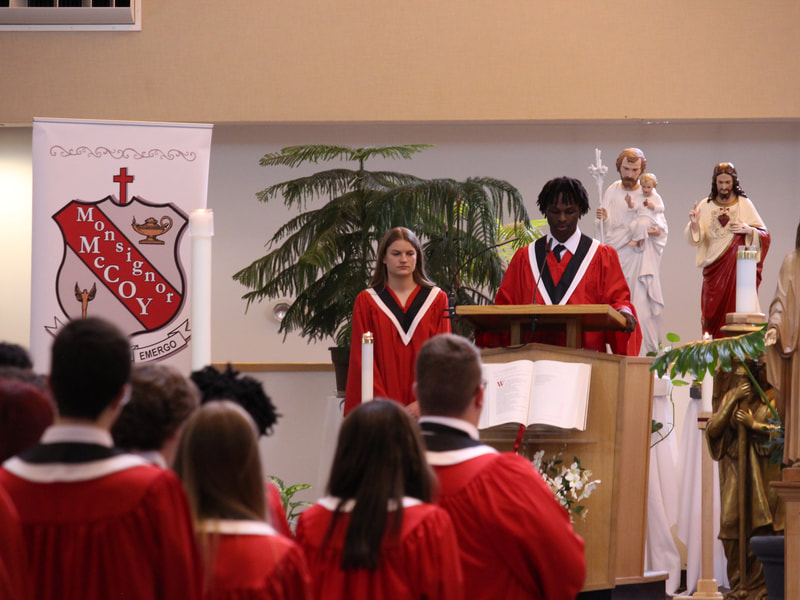
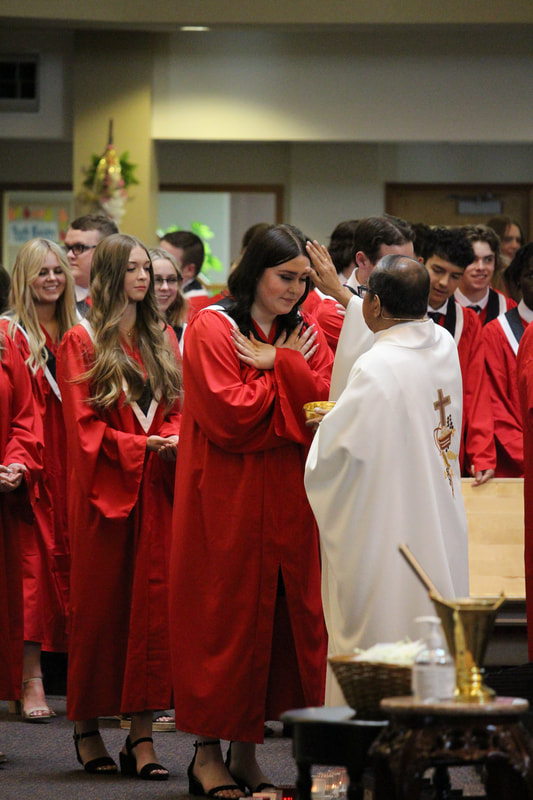
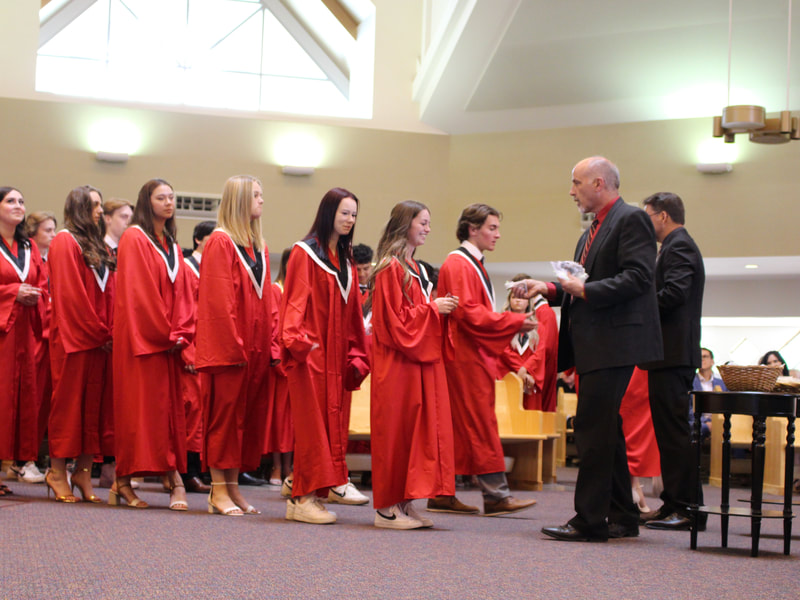
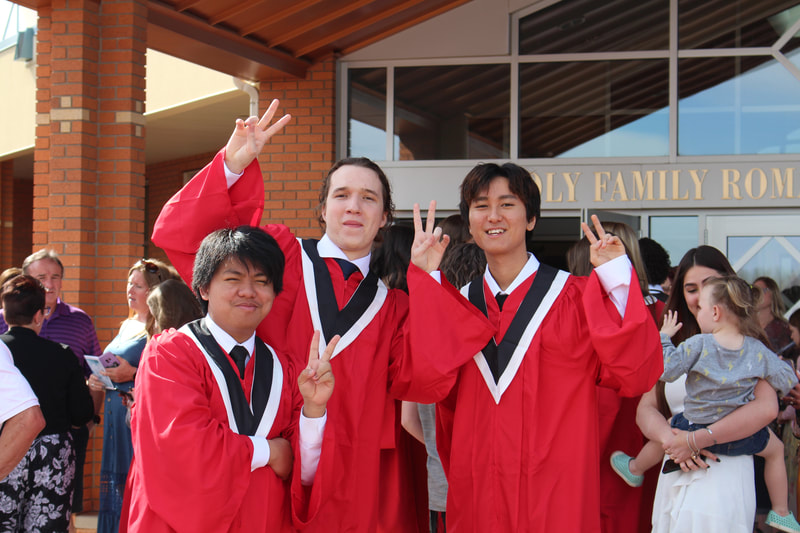
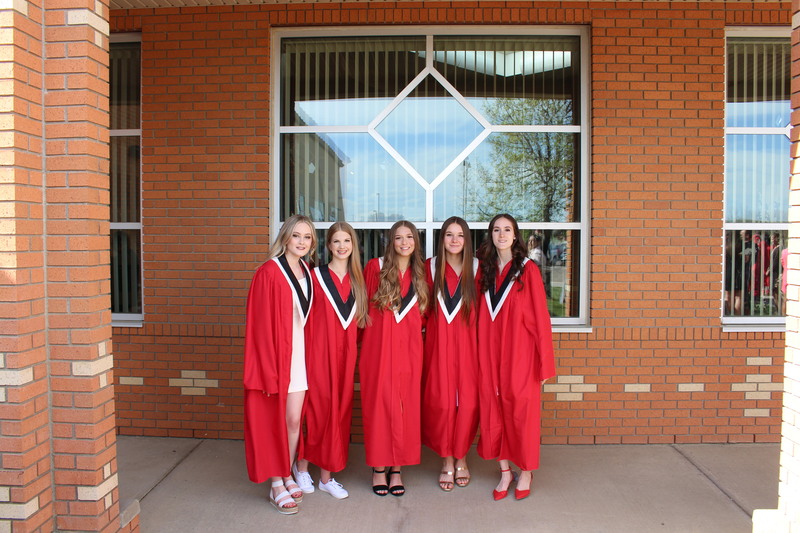
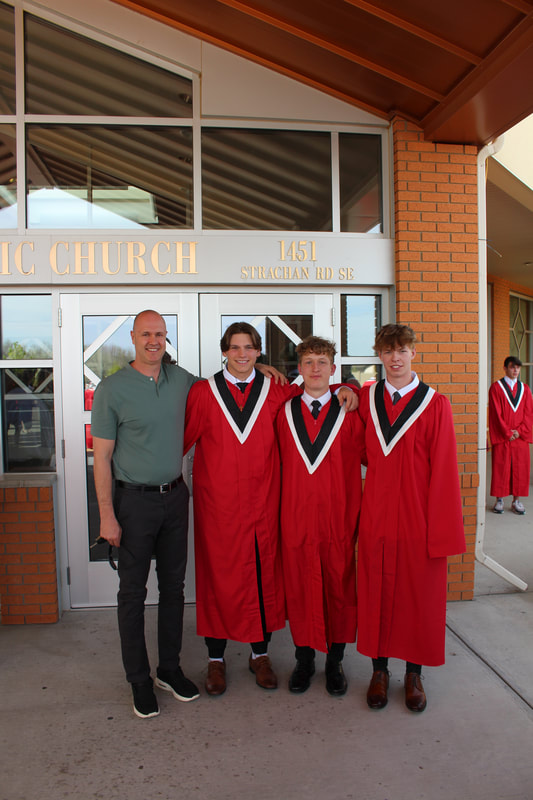
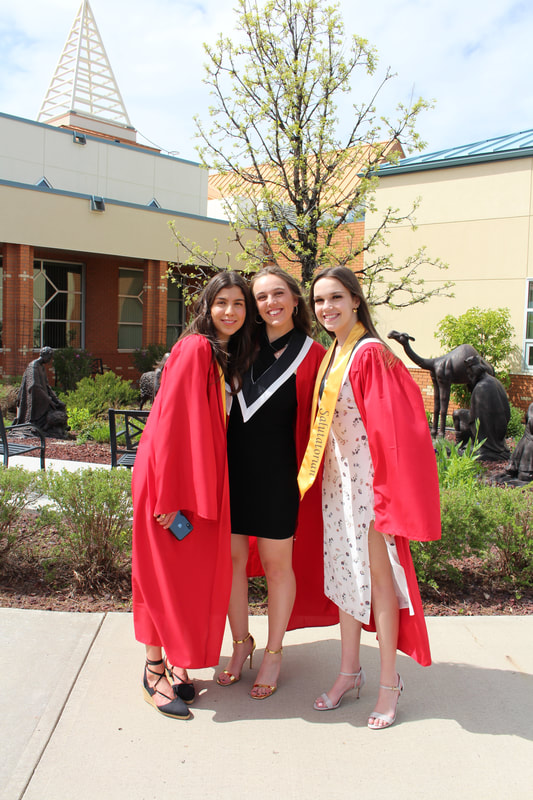
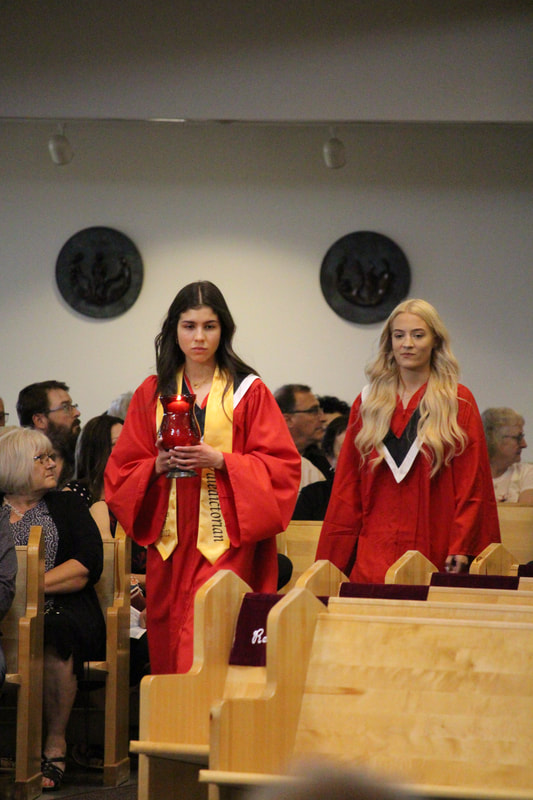
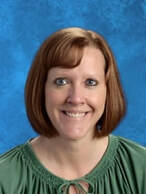
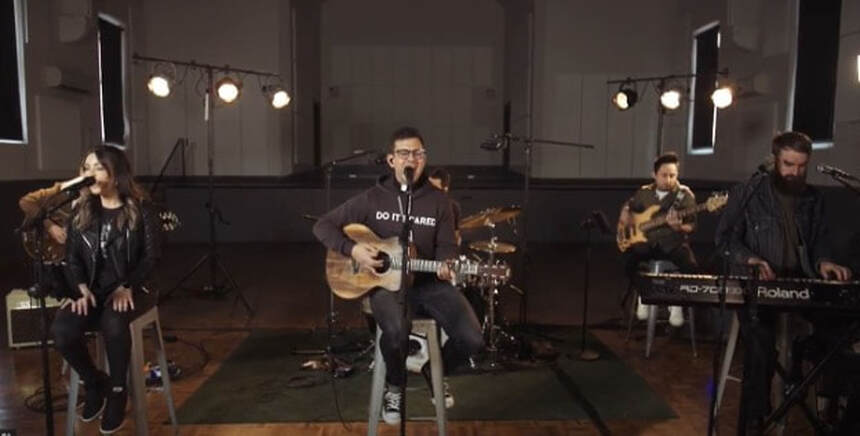
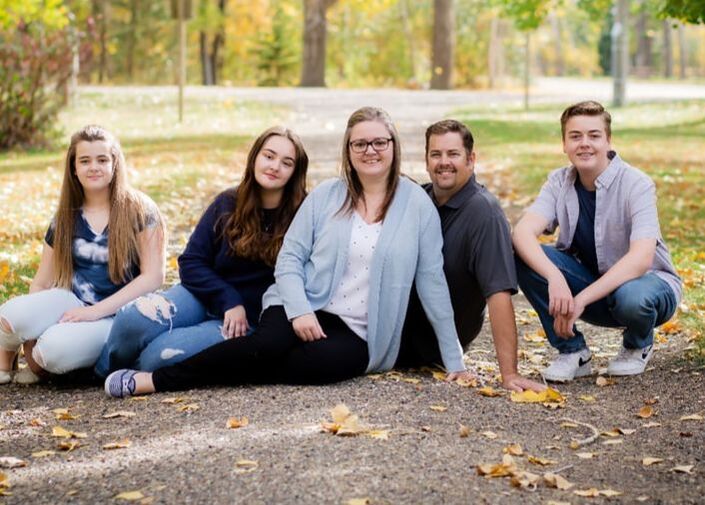
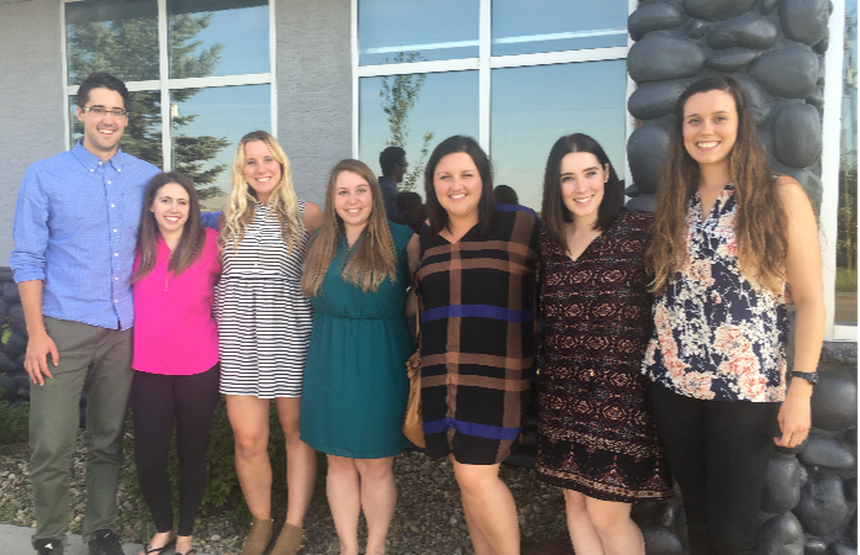
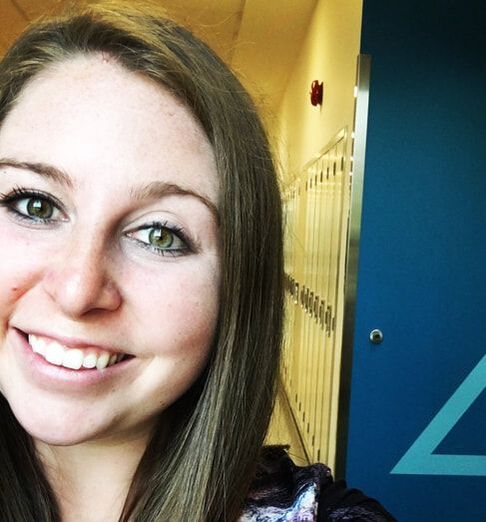
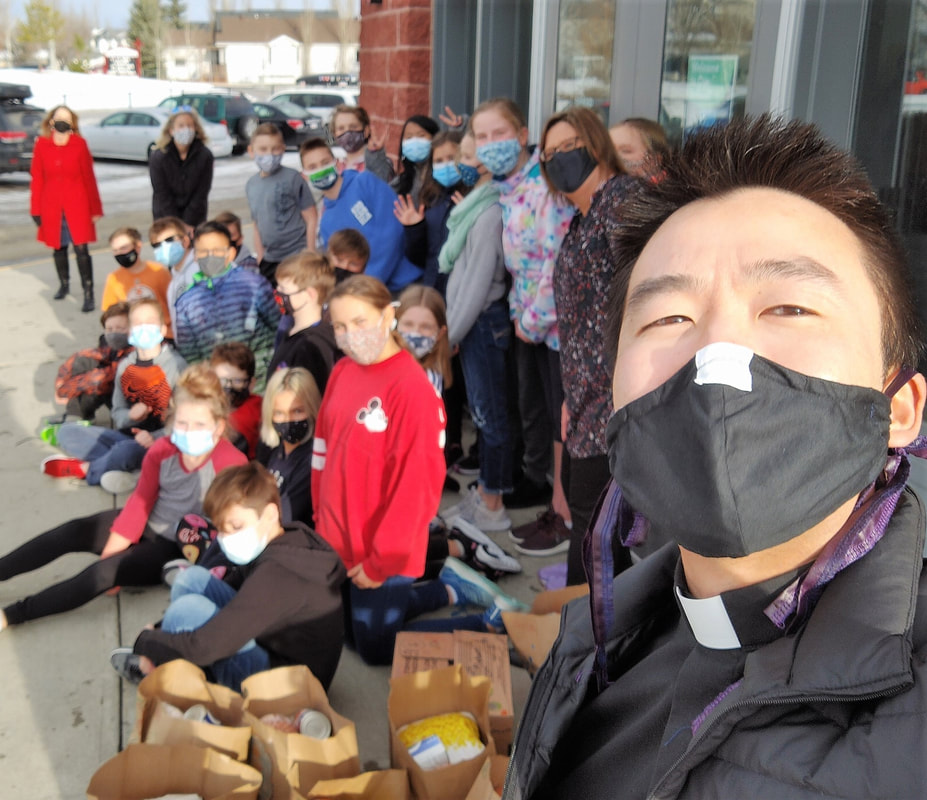
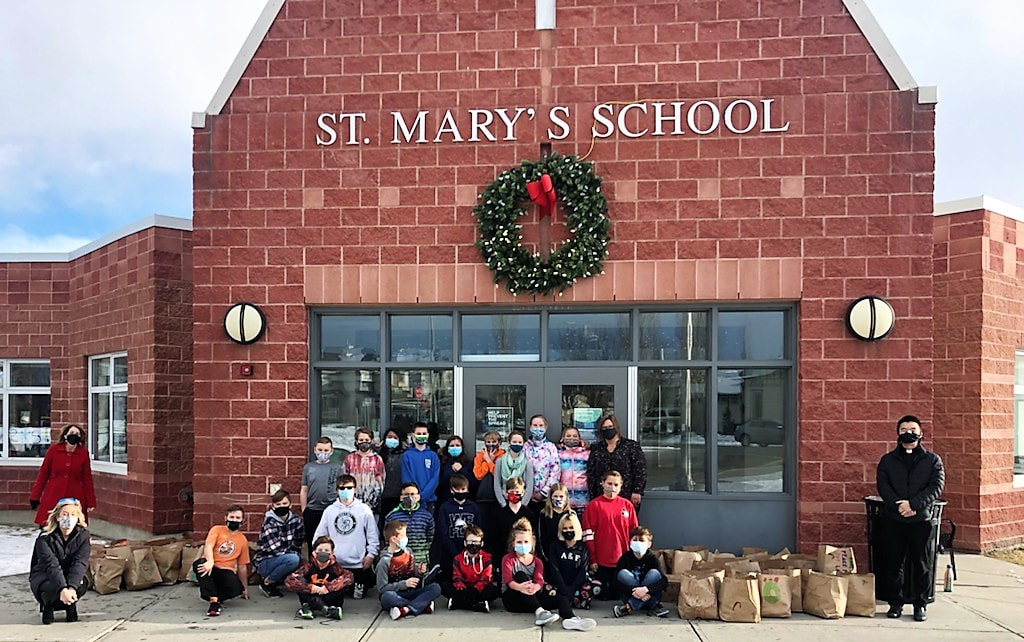
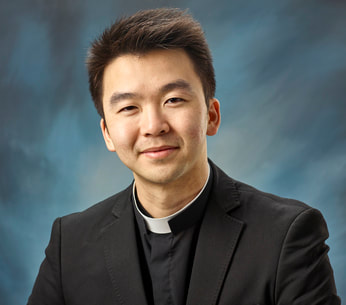
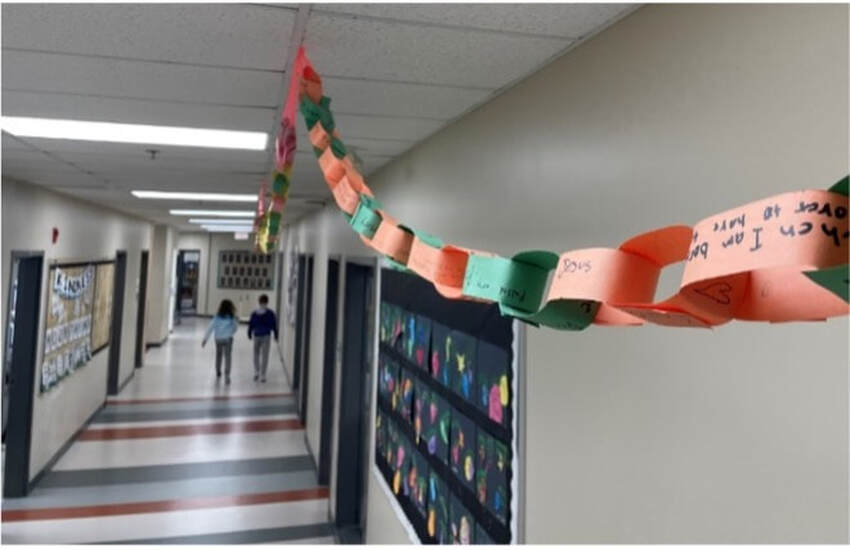
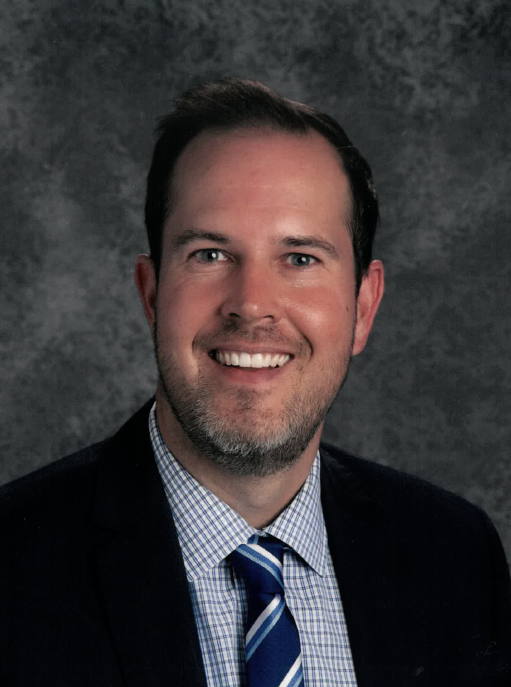
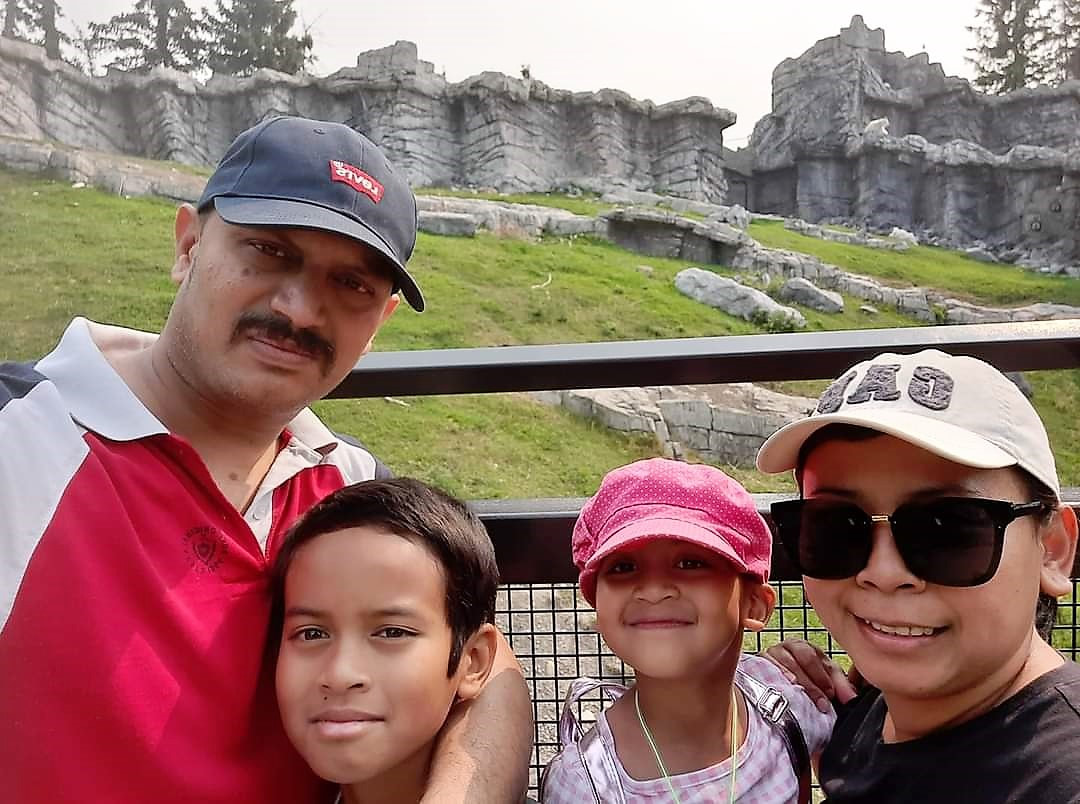
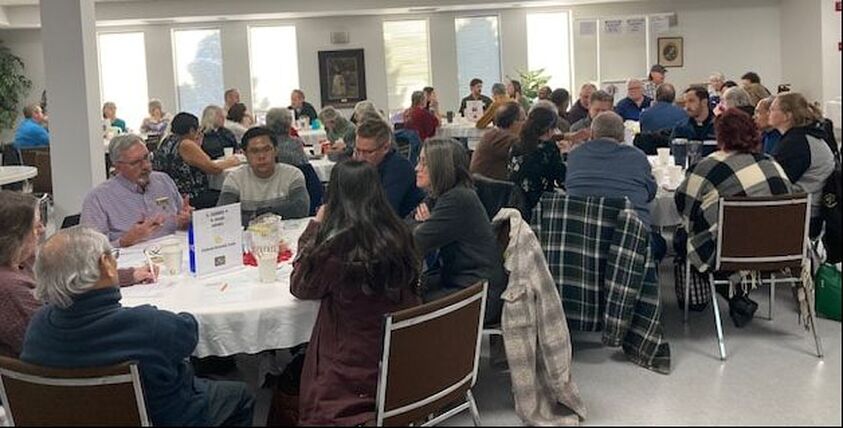
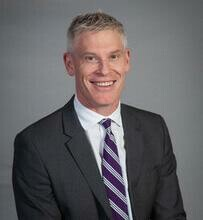
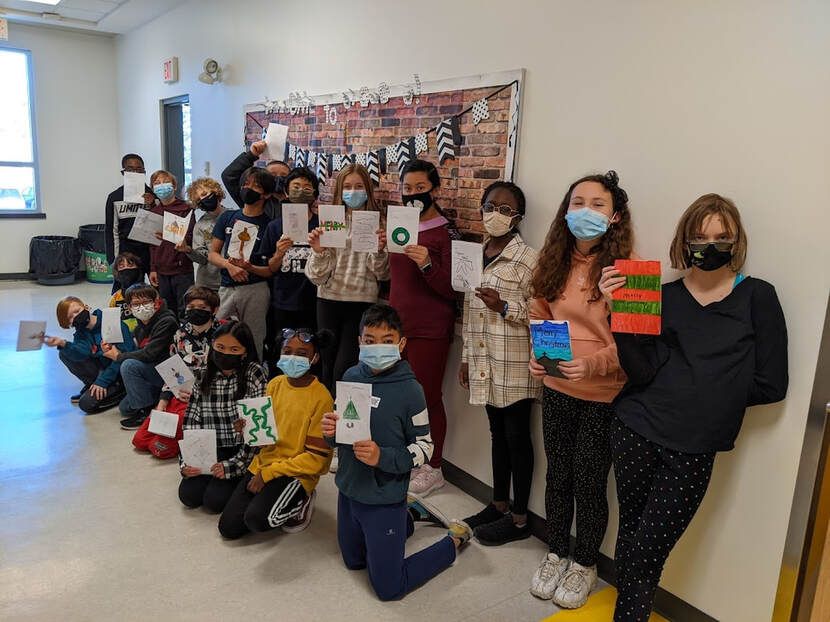
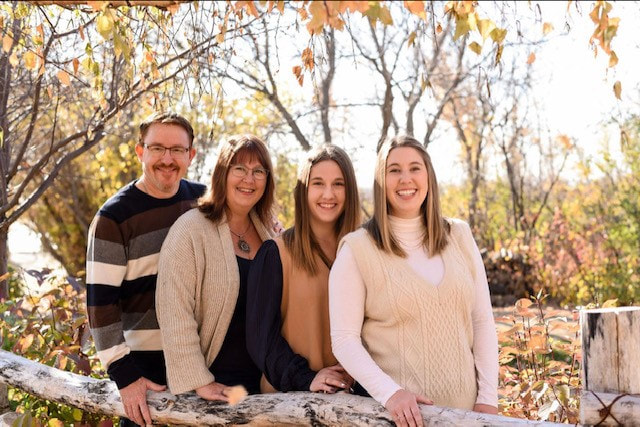
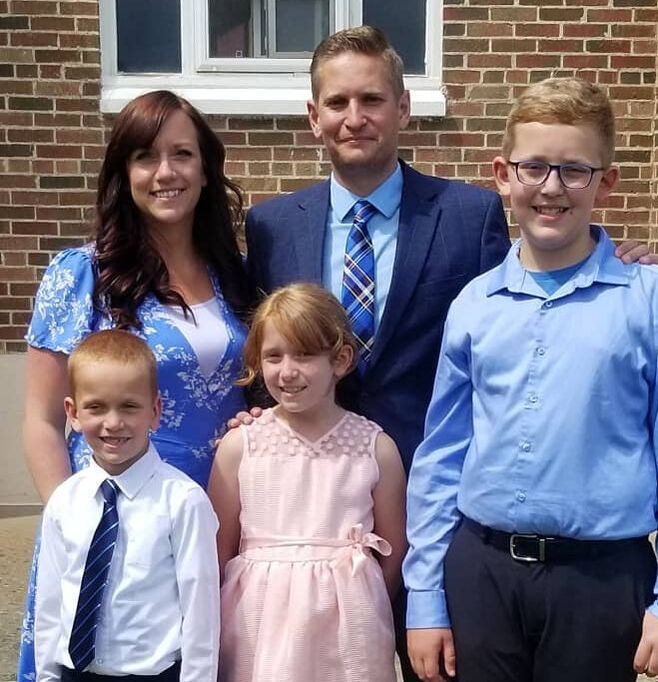
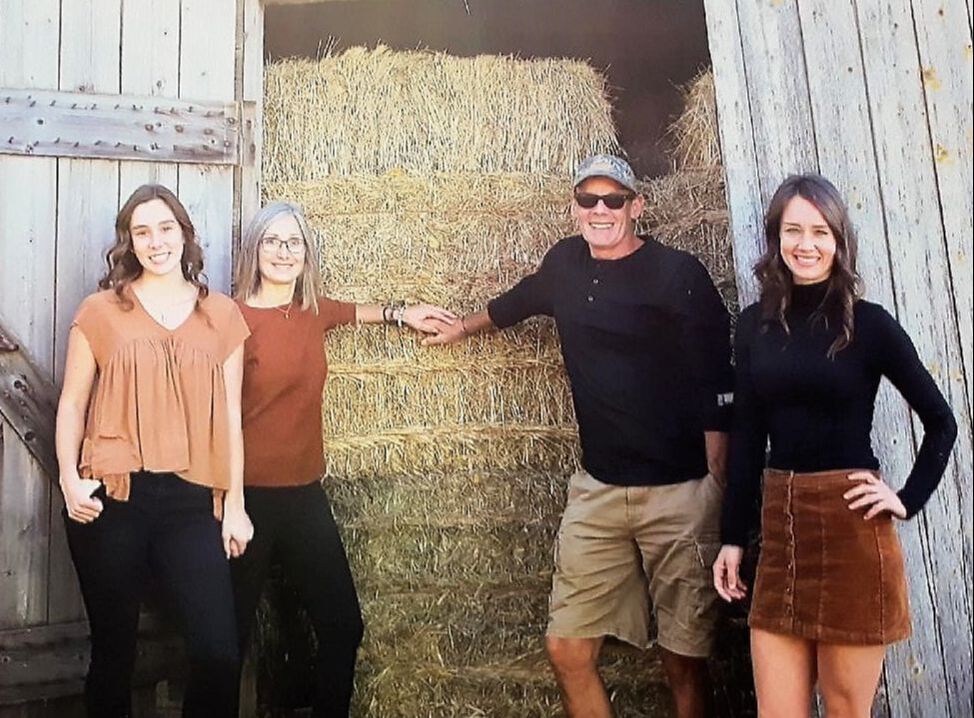
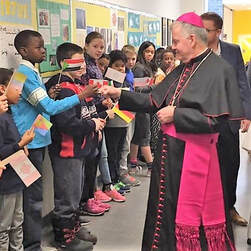
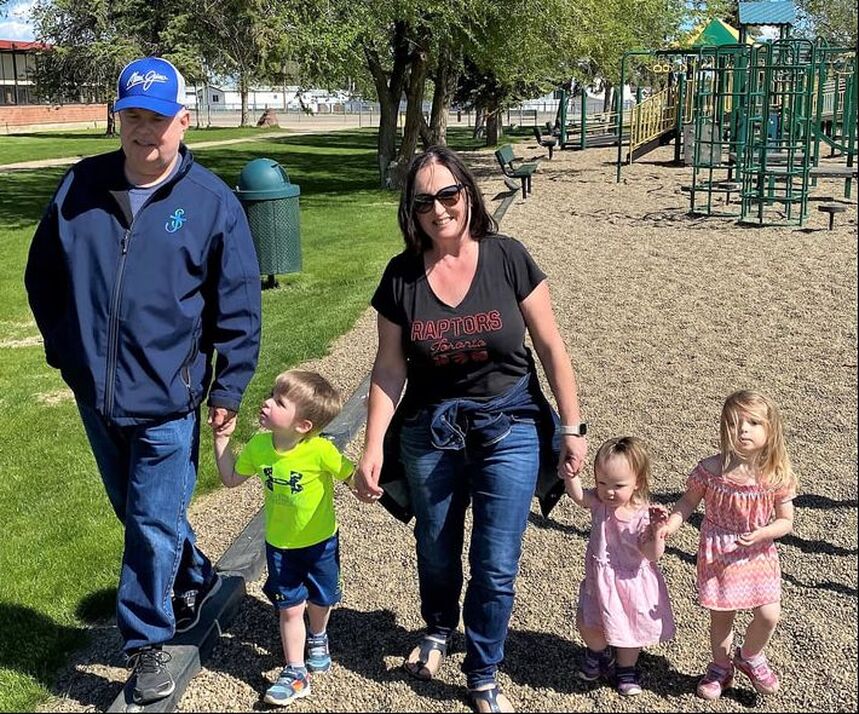

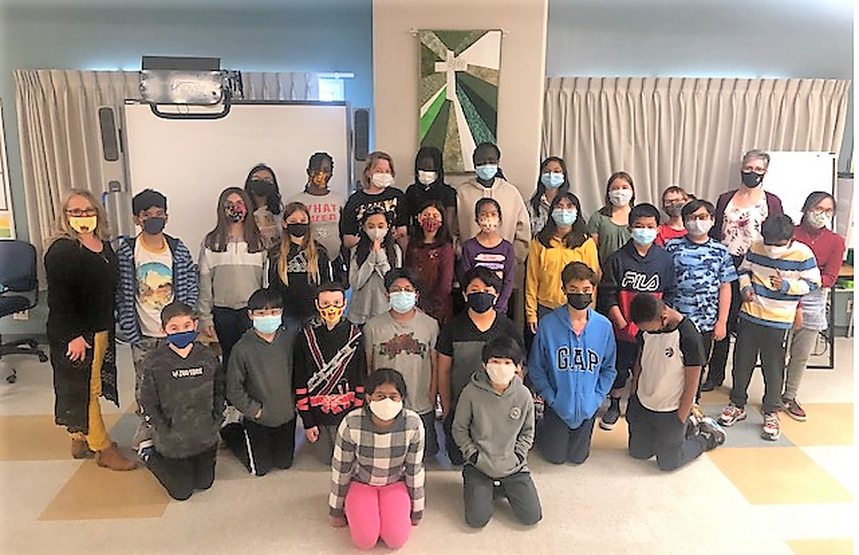
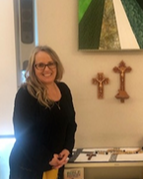
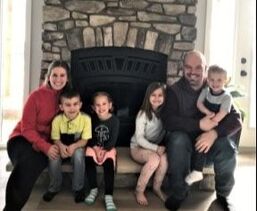
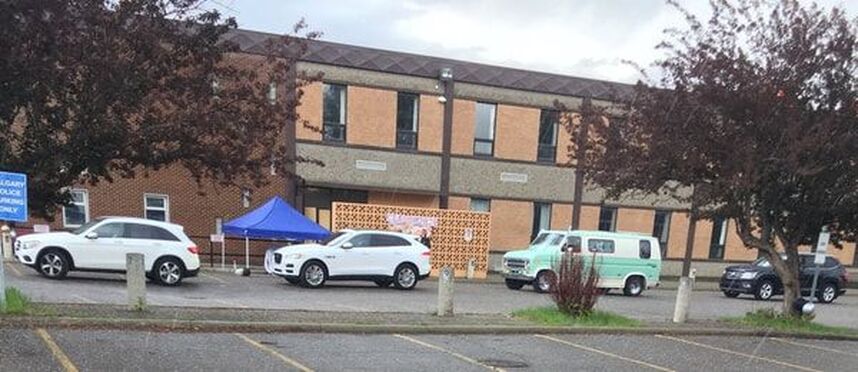
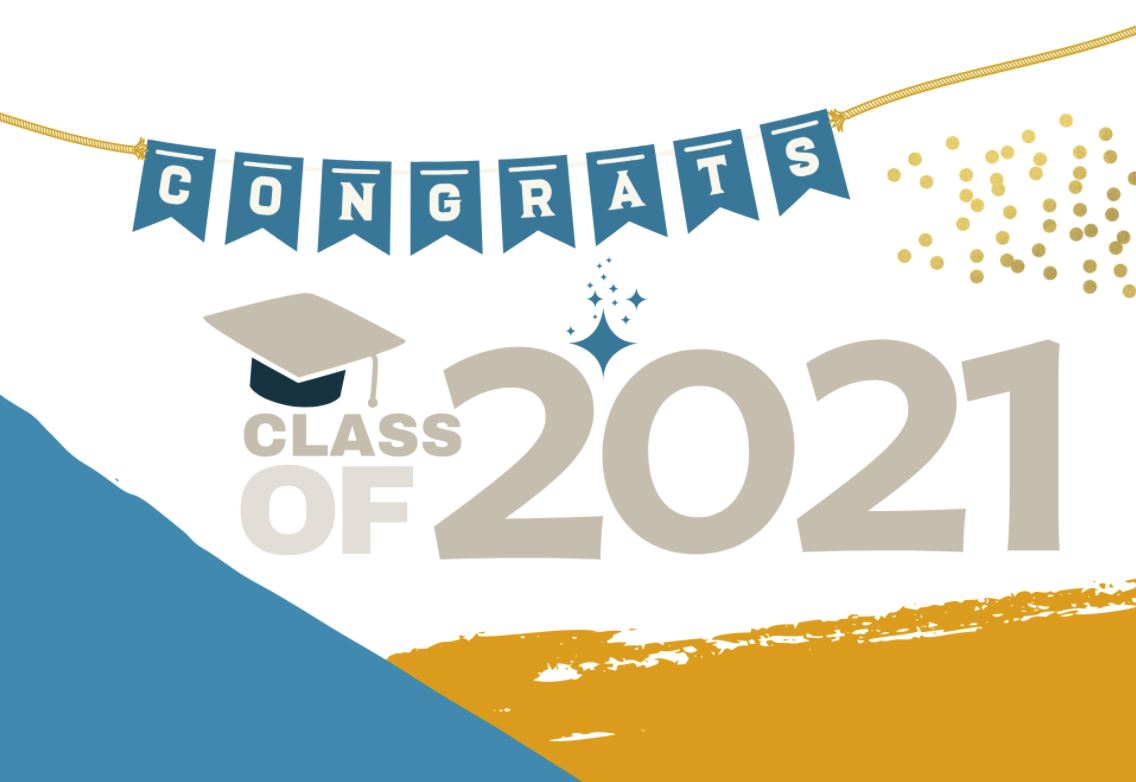
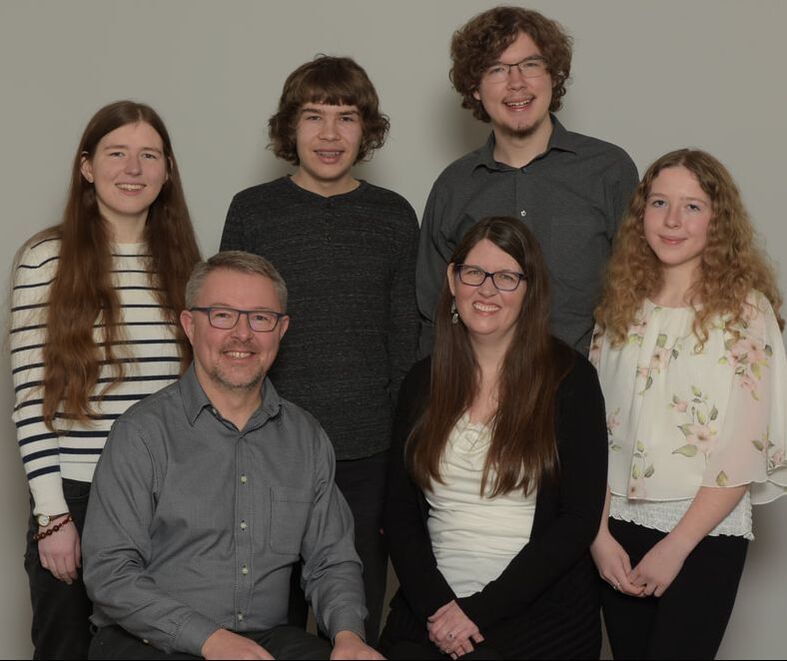
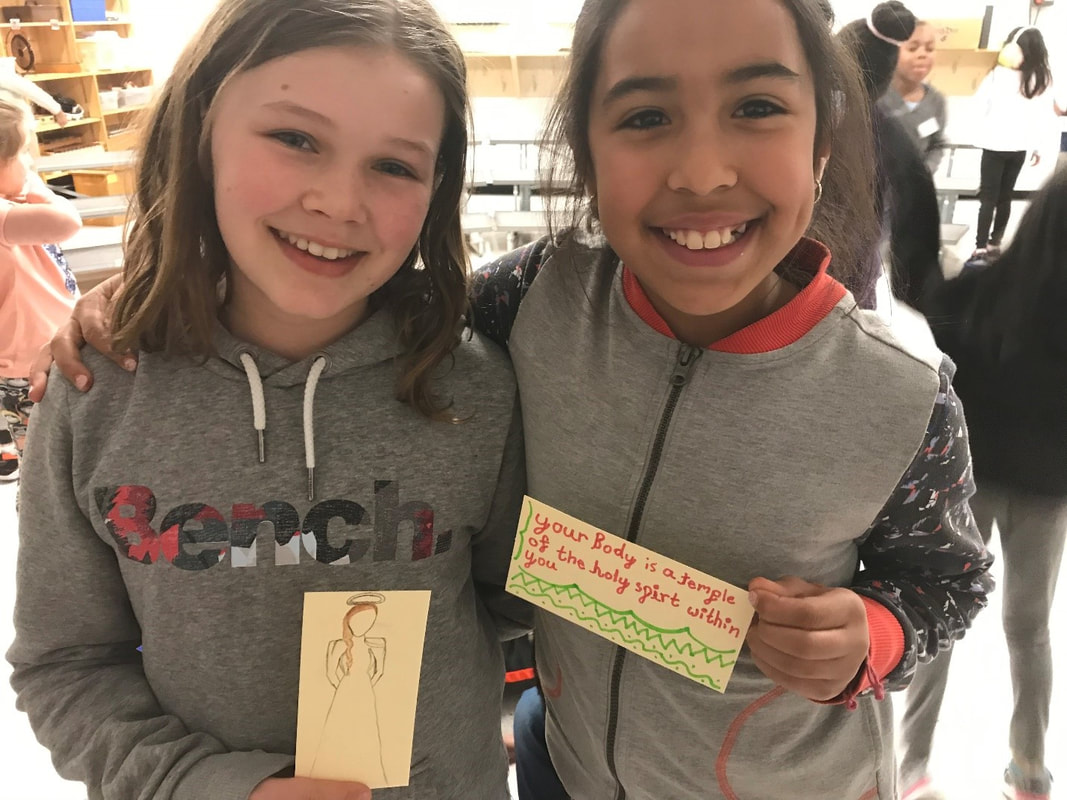
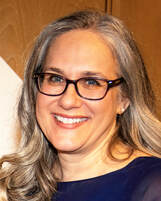

 RSS Feed
RSS Feed